全て
| カテゴリ未分類
Football
| OPERA
| BALLET
| Musical Theatre
| Classical Music
| Cinema
| Mystery
| International
| Competition
| これからの公演のお知らせ
| ATPテニス
| アクセス
| ARTS
カテゴリ: OPERA
Dr. Nicolas Reveles who hosts the panel discussion introduces the artists who are on the panel.
first question:
NR: What would you tell one of these people who has never seen "Tannhauser" before or who hasn't seen it in a super title era (audience laugh), what would you tell them to help them to prepare for the experience of seeing Tannhauser, I guess in a way I'm asking what are the things about Tannhauser we should look as an audience.
Petra: From my point Venus is difficult to say, because Venus is not the most important people.
Nick: oh, yes you are.- get over
Petra: - but is very actual the man who is looking for the- to find the -- to rude a right steps, my point of view for him to make the decision for the more sensual sexual life or more pure life, Elizsabeth. to make a decision between Venus and Elizabeth, I think this is my approach to this piece.
Conductor Gabor Otvos (he stands in - ) : For inside of Tannhauser is and even for Wagner himself, the most complicated piece and same time also the most popular. Wagner wrote two different versions, Dresden version and Paris version - and shortly before he died he said he never finished Tannhauser. But it doesn't interest public because is the most popular piece of Wagner. Why? Because of the beauty of this music also this is as Miss Lang said it was actually in the certain way from the texture from the same, musically wonderful piece, -now if I would be musically can't say what less than pieces what he wrote later, the fact is fascinating for everybody must have the reason and the story probably something which can be actual, can be also profession but something very romantic, big romantic opera of all the incredible romantic opera. My point of view it is miracle of beauty, wonderful music, very dramatic, I can't imagine somebody doesn't like Tannhauser, the fact afterwards, between the Dresden version and the Paris version he wrote, Meistersinger and Tristan, very important make the difference he learned a lot more instrumentation men think he should bigger schnell sound of orchestra, we do here Dresden version, the first version which is much more classic, I would say. Wagner, if you have misunderstanding for Wagner, then this is the most understandable Wagner. But I know all of our words fanatic so Wagner, like- - I don't like the Wagnerian because they like only Wagner (people laugh) so many other pieces also.
Nick: so much more operatic universe,
Gavor: But I'm sure I conduct Wagner, then for this time I also became Wagnerian (MC Nicolas Reveles laughs)
Nicolas Reveles : speaking with the Tenor?
Robert Gambill: That's me (smiling). -- What's the question again, Nick? (people laugh) -- don't let me answer three questions I remember single question,
when I was at home 9 o'clock in the evening, sitting there, zapping to the programme, I see Nick on the TV! (astonishing) (Nick laughs) he was telling us about Tannhauser, that's what you do. You turn on TV and you watch Him! (appointing him) tell you what is about. Don't ask the tenor! (laughing ) The tenor can't tell you the lots of staff, a point is he really knows it and I actually learn few amazing things about it who sang it only seventy times (audience laugh) . (いたずらっぽく咳払い) and -- it's a fun piece , you know, you just go out there and have fun. if we don't, you'd better not going out there. (smiling) and for me the big thing about Tannhauser tragic is a great fall kind of you know he goes out there partys, you know, he's gonna go out and live and gets out there nerves and he makes a big mistake. he find his mistake when he looks into her eyes (pointing fingers to Camilla's eyes) then he says "oops". and after that the in calms. I - extreams. kind of modern piece lookin it in a way this. and the days of extreams being black and white, this is good and this is bad, -- sorry (he touched down his water bottle)- for me that the important point, the biggest contrast between really good and being really bad. and in the end he is not so bad after all. Somebody says - "oh, I guess he's not gonna go another place after all" . your turn.(to Hampe, smiling)
Hampe: I would say it's the story about fall and redemption sin and saving grace, it is said in The High Middle Ages (*), very strictly christian society, very strict more codex and I saw many of Wagner's male heroes, it's for most all about eyes of Richard Wagner. He transfered his personal feelings and problems into his stories. and Tannhauser also personanifized (personalized) great artist who goes further than other artists go. who has experiences,and accordingly recreates new things in this case new music which never has been heard and seen before. and at the same time through, going beyond every so far known limits. He's becoming the outcasts he becoming the man outlaw destroying other peoples'life. and that is his fall, that is where the saving grace is necessary and if you look through Wagners operas studying whole and for instance all the other operas always about this point and Wagner himself has had reputations of very ruthless for his art, not for his personality. For his art, he absolutley ruthless and destroying other people copes all along his biography, biographic way. So again Tannhauser was interesting for him he took the story to compose this theme , the Minnesinger, the great artists greatest europian poets starting in the middle ages like Walther von der Vogelweide he's still the basic poet of the German language and Wolfram von Eschenbach who wrote Parzival and other such great epic poems. and so he used their story to tell his own story. Accordingly he wrote his very personal music. and he also he had certain difficulty with this piece, he wrote first Dresden version later here he adapted it for Paris version chnaged it for Paris for Vienna again in Vienna he was trying to improve it and changed here and there. and in the end he said "I still owe the world Tannhäuser.(I still owe Tannhauser to the world)" (smiling).
Russell: What can I possibly say after Director said? (smiling) um- for me I am in the same sense as you are, because I have very fresh ears for this. music of Wagner, I sang Wagner before, that's for me the really the core, I hope you enjoyed music create all the tensions, the character the music is still fundation for direction and Micheal Hampe always says this during rehersal period how really Wagner stage so many movement, gestures, interaction through the music that is to me great discovery and I come from more backgrounds much much more active on stage, I have to find some sort of inner tension that Wolfram has. and he is very deep character, very generous, idealistic, character who believes in the ideal friendship with Tannhauser and the even greater ideal love to Elisabeth, and only one of which he managed to obtain - that's the friendship with Tannhauser. (like dreaming with very gentle voice)
James:
NR: Great. Thank you all. One other thing about Wagner, singing Wagner, great misteek? about Wagner what we used to call "Wagnerian singers" I preffered to say singers to sing Wagner. There are so many misconceptions about it. What is like, addressed to singers, what is it, makes good Wagner singer? What is good Wagner singer? What you need?
Petra: May I start?
Nick: Yeah.
Petra: no secret to be born to do this, I mean physically you have to right instrument inside your body. have to have right body right muscles to do this. have to be trained. You have to have training. young singers singin Wagners to sustain very long praises that the voice they re can cut the orchestra, you really have to have sung quite few years, you have to really build up to this. not about singing loudly just able to sing. but you have to have the quality of the voice, on the body just to do this.
NR: just tell me the difference from amplifium from the volium of the voice, there has to be you called 'cut' , in a better word, a kind of edge, the point, but also you have to be beautiful, wonderling belle canto technik, italien technick you want to say German, you want to sing with heavy orchestra, would you agree Miss Nylund?
Go to PART 2
first question:
NR: What would you tell one of these people who has never seen "Tannhauser" before or who hasn't seen it in a super title era (audience laugh), what would you tell them to help them to prepare for the experience of seeing Tannhauser, I guess in a way I'm asking what are the things about Tannhauser we should look as an audience.
Petra: From my point Venus is difficult to say, because Venus is not the most important people.
Nick: oh, yes you are.- get over
Petra: - but is very actual the man who is looking for the- to find the -- to rude a right steps, my point of view for him to make the decision for the more sensual sexual life or more pure life, Elizsabeth. to make a decision between Venus and Elizabeth, I think this is my approach to this piece.
Conductor Gabor Otvos (he stands in - ) : For inside of Tannhauser is and even for Wagner himself, the most complicated piece and same time also the most popular. Wagner wrote two different versions, Dresden version and Paris version - and shortly before he died he said he never finished Tannhauser. But it doesn't interest public because is the most popular piece of Wagner. Why? Because of the beauty of this music also this is as Miss Lang said it was actually in the certain way from the texture from the same, musically wonderful piece, -now if I would be musically can't say what less than pieces what he wrote later, the fact is fascinating for everybody must have the reason and the story probably something which can be actual, can be also profession but something very romantic, big romantic opera of all the incredible romantic opera. My point of view it is miracle of beauty, wonderful music, very dramatic, I can't imagine somebody doesn't like Tannhauser, the fact afterwards, between the Dresden version and the Paris version he wrote, Meistersinger and Tristan, very important make the difference he learned a lot more instrumentation men think he should bigger schnell sound of orchestra, we do here Dresden version, the first version which is much more classic, I would say. Wagner, if you have misunderstanding for Wagner, then this is the most understandable Wagner. But I know all of our words fanatic so Wagner, like- - I don't like the Wagnerian because they like only Wagner (people laugh) so many other pieces also.
Nick: so much more operatic universe,
Gavor: But I'm sure I conduct Wagner, then for this time I also became Wagnerian (MC Nicolas Reveles laughs)
Nicolas Reveles : speaking with the Tenor?
Robert Gambill: That's me (smiling). -- What's the question again, Nick? (people laugh) -- don't let me answer three questions I remember single question,
when I was at home 9 o'clock in the evening, sitting there, zapping to the programme, I see Nick on the TV! (astonishing) (Nick laughs) he was telling us about Tannhauser, that's what you do. You turn on TV and you watch Him! (appointing him) tell you what is about. Don't ask the tenor! (laughing ) The tenor can't tell you the lots of staff, a point is he really knows it and I actually learn few amazing things about it who sang it only seventy times (audience laugh) . (いたずらっぽく咳払い) and -- it's a fun piece , you know, you just go out there and have fun. if we don't, you'd better not going out there. (smiling) and for me the big thing about Tannhauser tragic is a great fall kind of you know he goes out there partys, you know, he's gonna go out and live and gets out there nerves and he makes a big mistake. he find his mistake when he looks into her eyes (pointing fingers to Camilla's eyes) then he says "oops". and after that the in calms. I - extreams. kind of modern piece lookin it in a way this. and the days of extreams being black and white, this is good and this is bad, -- sorry (he touched down his water bottle)- for me that the important point, the biggest contrast between really good and being really bad. and in the end he is not so bad after all. Somebody says - "oh, I guess he's not gonna go another place after all" . your turn.(to Hampe, smiling)
Hampe: I would say it's the story about fall and redemption sin and saving grace, it is said in The High Middle Ages (*), very strictly christian society, very strict more codex and I saw many of Wagner's male heroes, it's for most all about eyes of Richard Wagner. He transfered his personal feelings and problems into his stories. and Tannhauser also personanifized (personalized) great artist who goes further than other artists go. who has experiences,and accordingly recreates new things in this case new music which never has been heard and seen before. and at the same time through, going beyond every so far known limits. He's becoming the outcasts he becoming the man outlaw destroying other peoples'life. and that is his fall, that is where the saving grace is necessary and if you look through Wagners operas studying whole and for instance all the other operas always about this point and Wagner himself has had reputations of very ruthless for his art, not for his personality. For his art, he absolutley ruthless and destroying other people copes all along his biography, biographic way. So again Tannhauser was interesting for him he took the story to compose this theme , the Minnesinger, the great artists greatest europian poets starting in the middle ages like Walther von der Vogelweide he's still the basic poet of the German language and Wolfram von Eschenbach who wrote Parzival and other such great epic poems. and so he used their story to tell his own story. Accordingly he wrote his very personal music. and he also he had certain difficulty with this piece, he wrote first Dresden version later here he adapted it for Paris version chnaged it for Paris for Vienna again in Vienna he was trying to improve it and changed here and there. and in the end he said "I still owe the world Tannhäuser.(I still owe Tannhauser to the world)" (smiling).
Russell: What can I possibly say after Director said? (smiling) um- for me I am in the same sense as you are, because I have very fresh ears for this. music of Wagner, I sang Wagner before, that's for me the really the core, I hope you enjoyed music create all the tensions, the character the music is still fundation for direction and Micheal Hampe always says this during rehersal period how really Wagner stage so many movement, gestures, interaction through the music that is to me great discovery and I come from more backgrounds much much more active on stage, I have to find some sort of inner tension that Wolfram has. and he is very deep character, very generous, idealistic, character who believes in the ideal friendship with Tannhauser and the even greater ideal love to Elisabeth, and only one of which he managed to obtain - that's the friendship with Tannhauser. (like dreaming with very gentle voice)
James:
NR: Great. Thank you all. One other thing about Wagner, singing Wagner, great misteek? about Wagner what we used to call "Wagnerian singers" I preffered to say singers to sing Wagner. There are so many misconceptions about it. What is like, addressed to singers, what is it, makes good Wagner singer? What is good Wagner singer? What you need?
Petra: May I start?
Nick: Yeah.
Petra: no secret to be born to do this, I mean physically you have to right instrument inside your body. have to have right body right muscles to do this. have to be trained. You have to have training. young singers singin Wagners to sustain very long praises that the voice they re can cut the orchestra, you really have to have sung quite few years, you have to really build up to this. not about singing loudly just able to sing. but you have to have the quality of the voice, on the body just to do this.
NR: just tell me the difference from amplifium from the volium of the voice, there has to be you called 'cut' , in a better word, a kind of edge, the point, but also you have to be beautiful, wonderling belle canto technik, italien technick you want to say German, you want to sing with heavy orchestra, would you agree Miss Nylund?
Go to PART 2
お気に入りの記事を「いいね!」で応援しよう
最終更新日
2008年02月03日 12時31分27秒
[OPERA] カテゴリの最新記事
-
新国立劇場オペラ研修所+マーティン・カ… 2025年11月29日
-
METライブビューイング「夢遊病の娘」2025 2025年11月26日
-
新宿オペラ「ドン・カルロ」Day1 2025年11月22日
【毎日開催】
15記事にいいね!で1ポイント
10秒滞在
いいね!
--
/
--
PR
X
サイド自由欄
TENOR
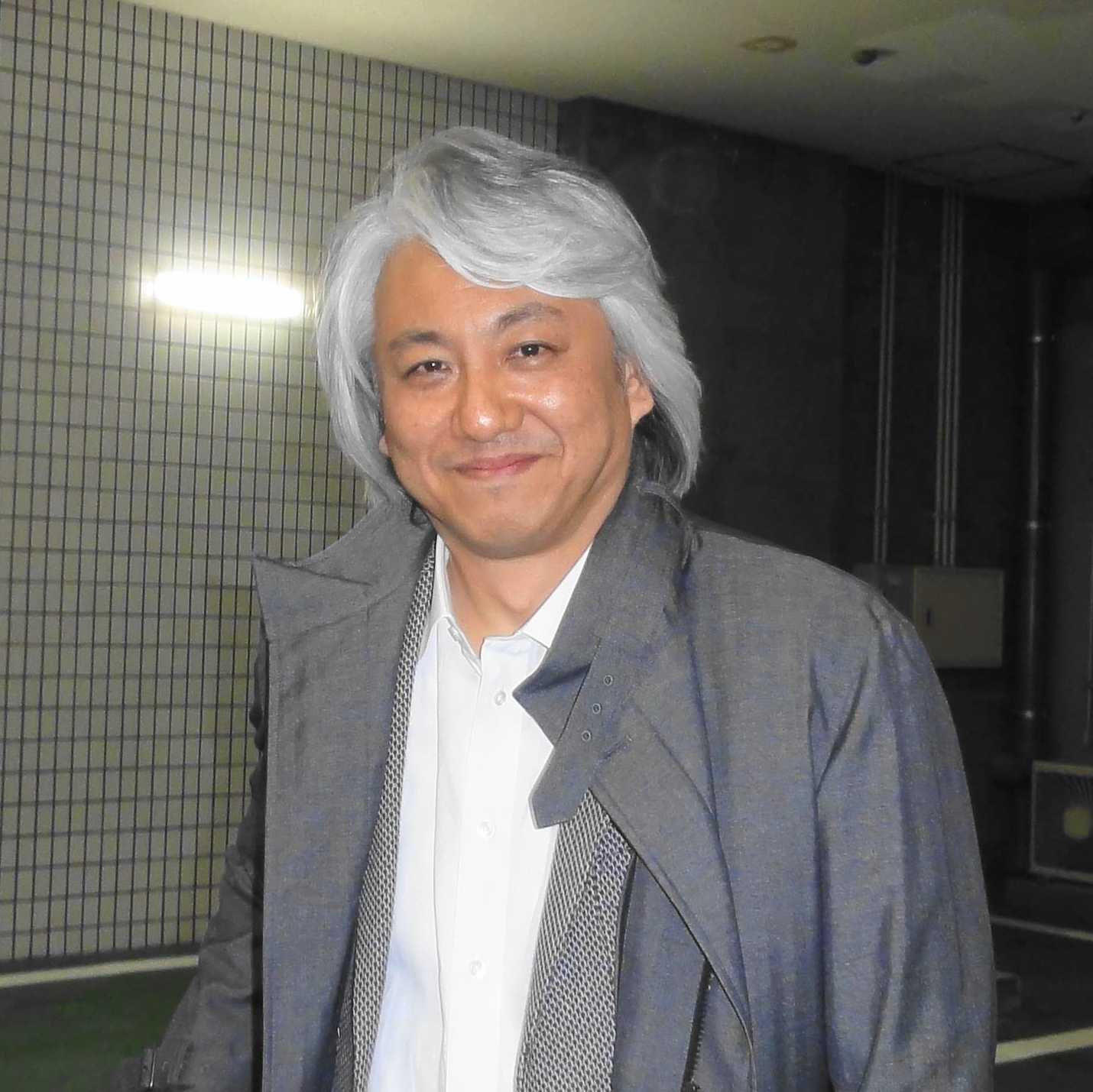
小原啓楼
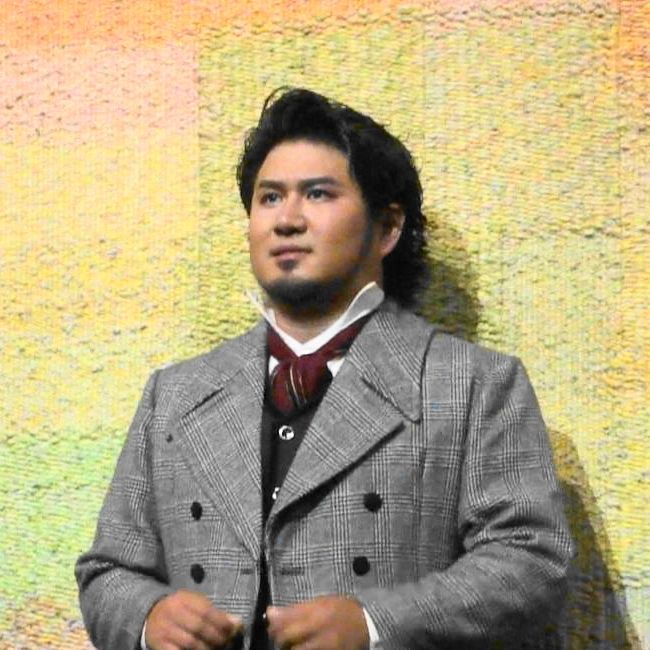
Ten.笛田博昭~2016
Ten.笛田博昭2017
公式サイト
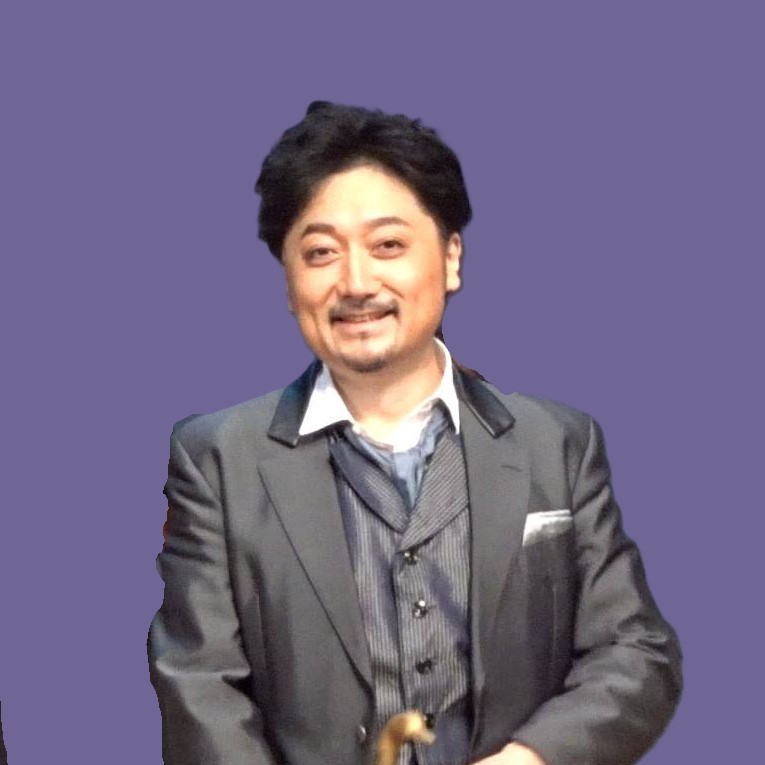
小野弘晴(テノール)
UPCOMING
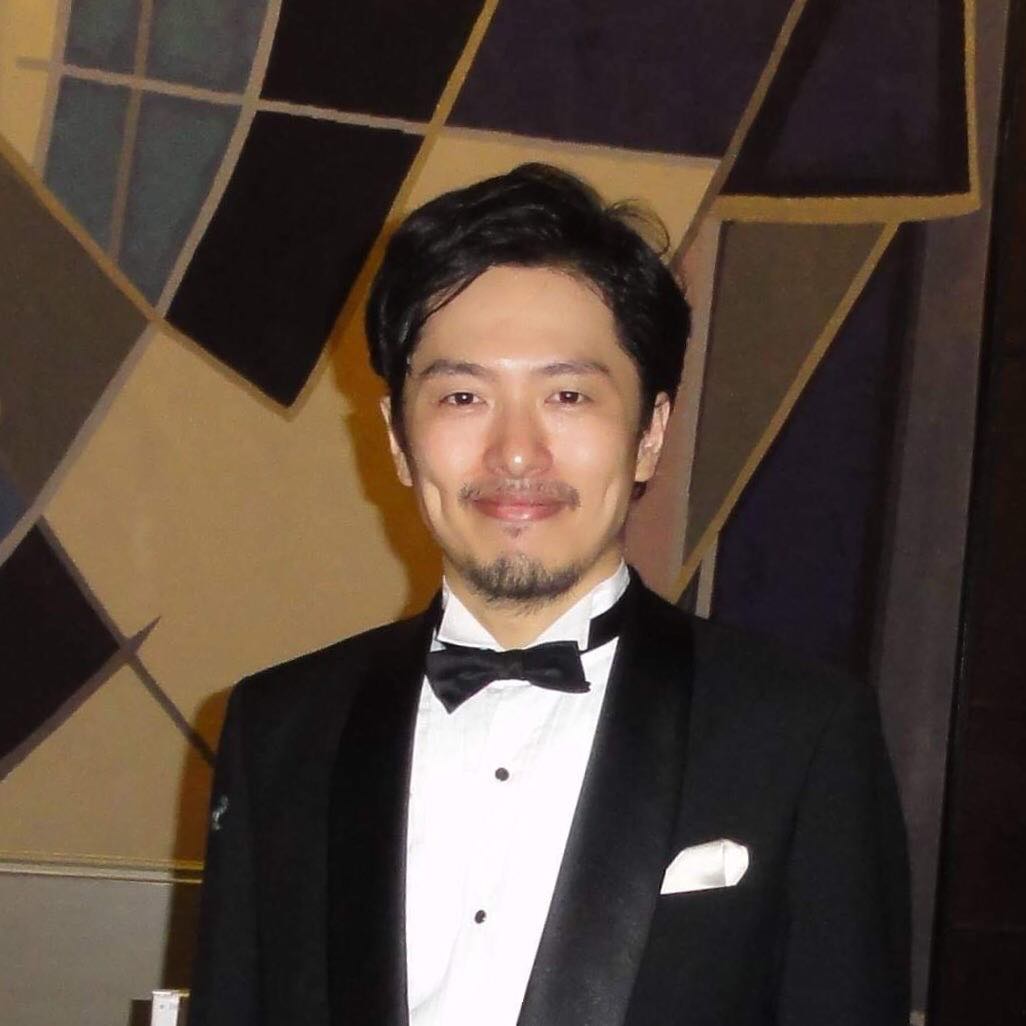
Ten.城宏憲 INDEX 2014~2017
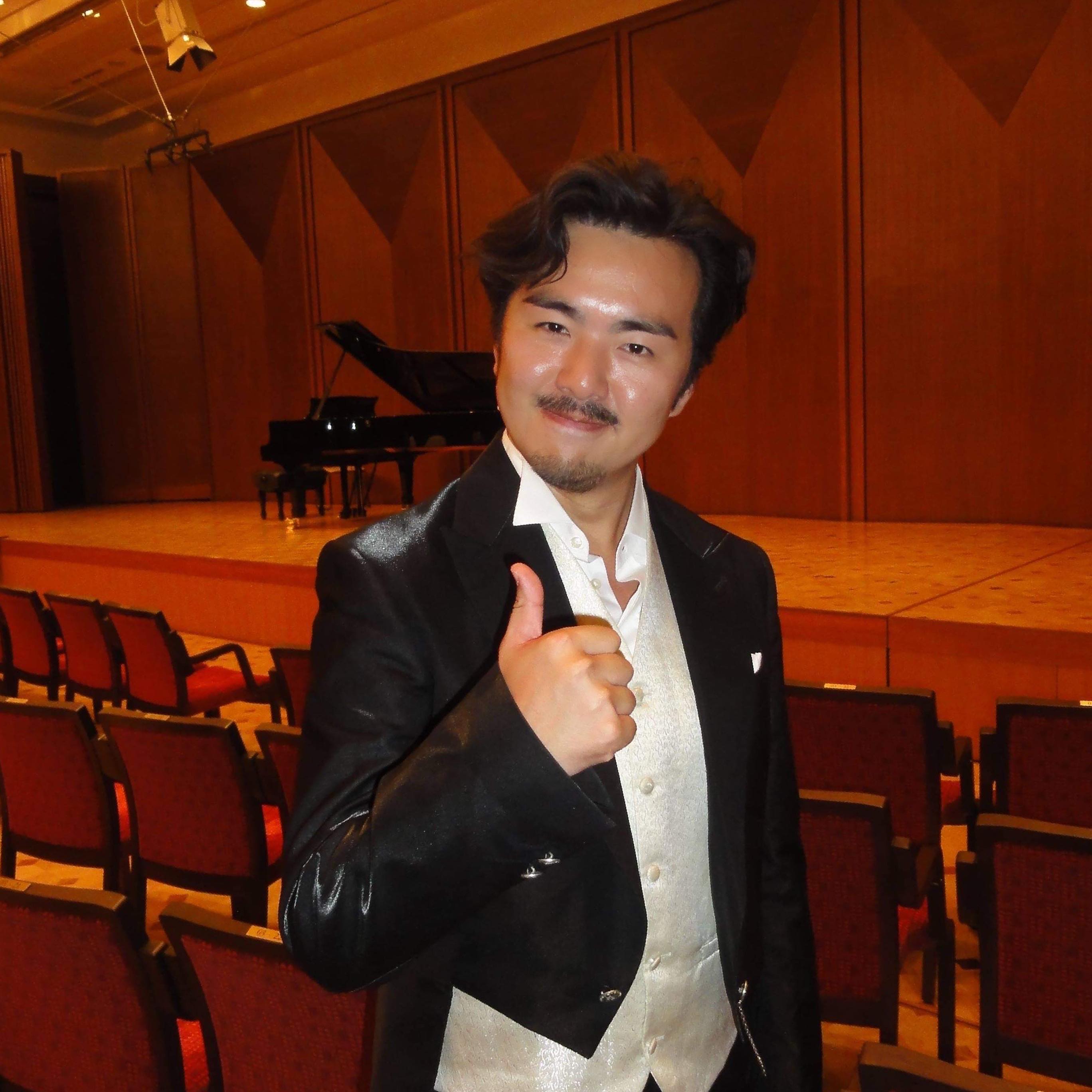
Ten.又吉秀樹 INDEX
Ten.又吉秀樹2017
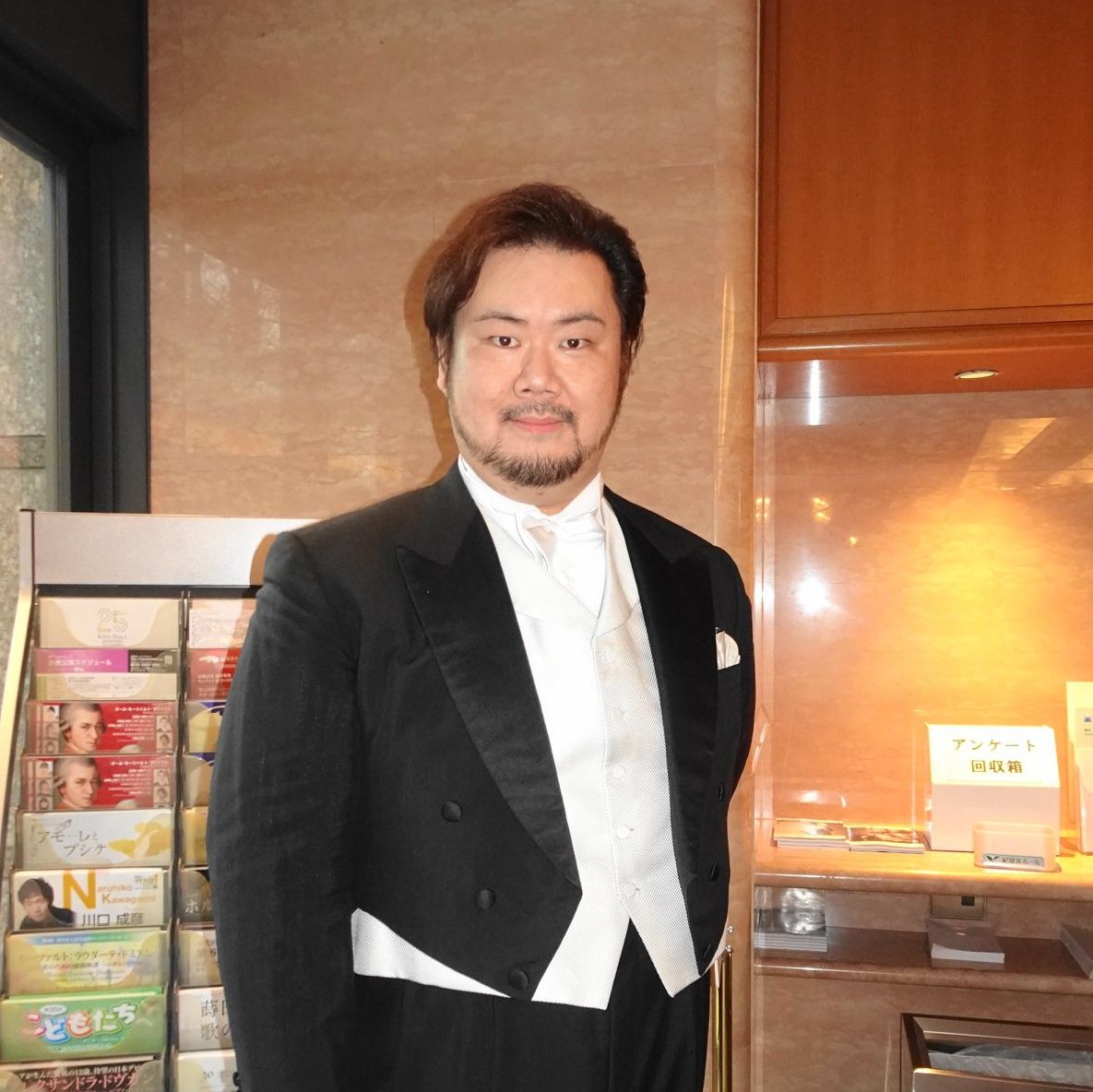
Ten.澤崎一了~2017
澤﨑一了2018~2019

Ten.小堀勇介2015
小堀勇介2016~2017
小堀勇介2018
小堀勇介2019
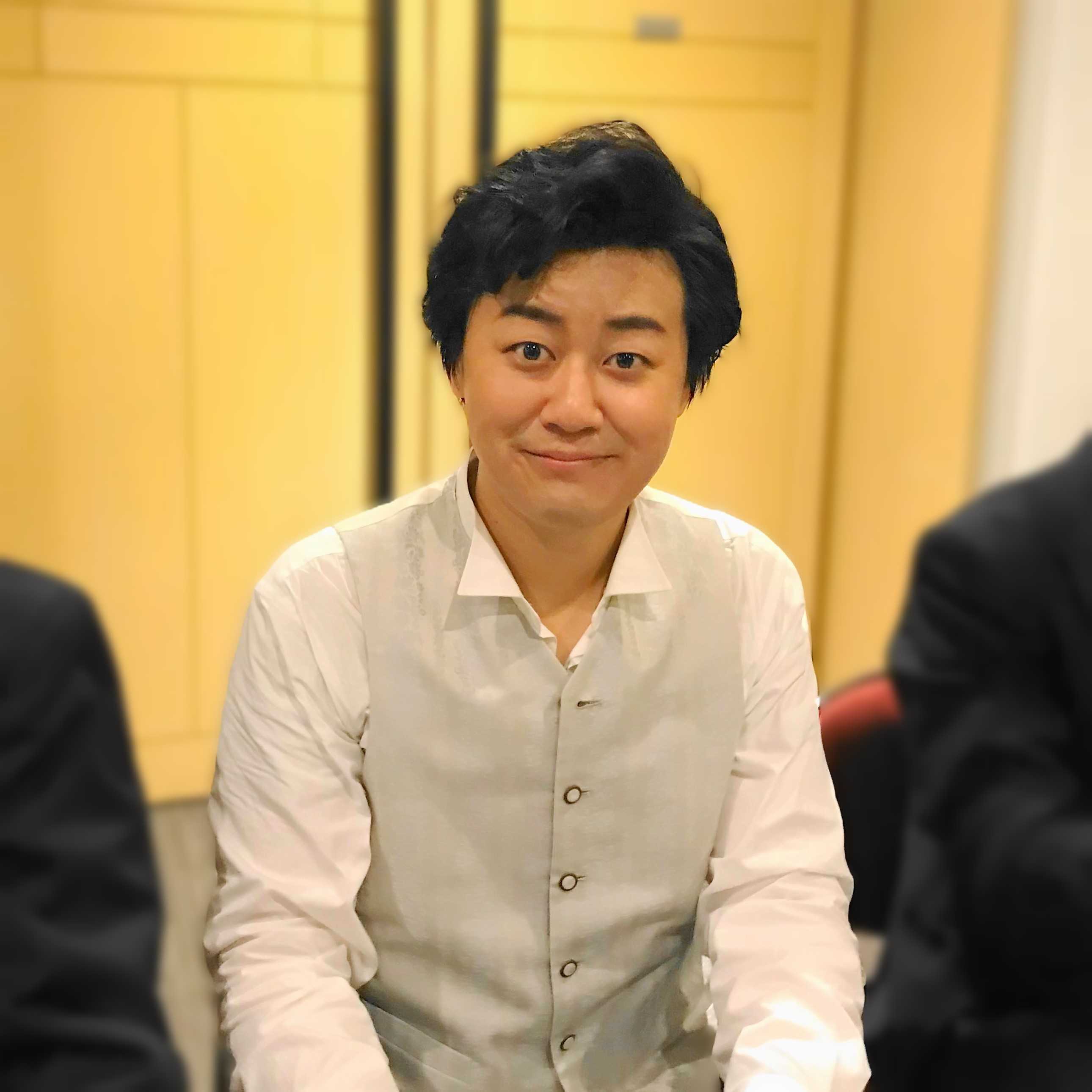
金山京介
2025
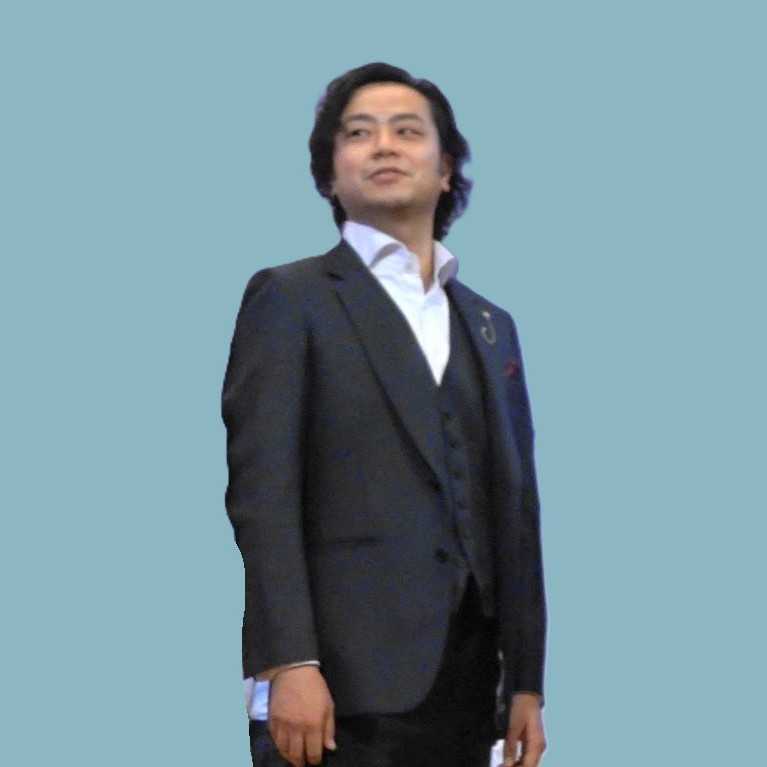
吉田連
UPCOMING
Ten.吉田連

Ten.前川健生
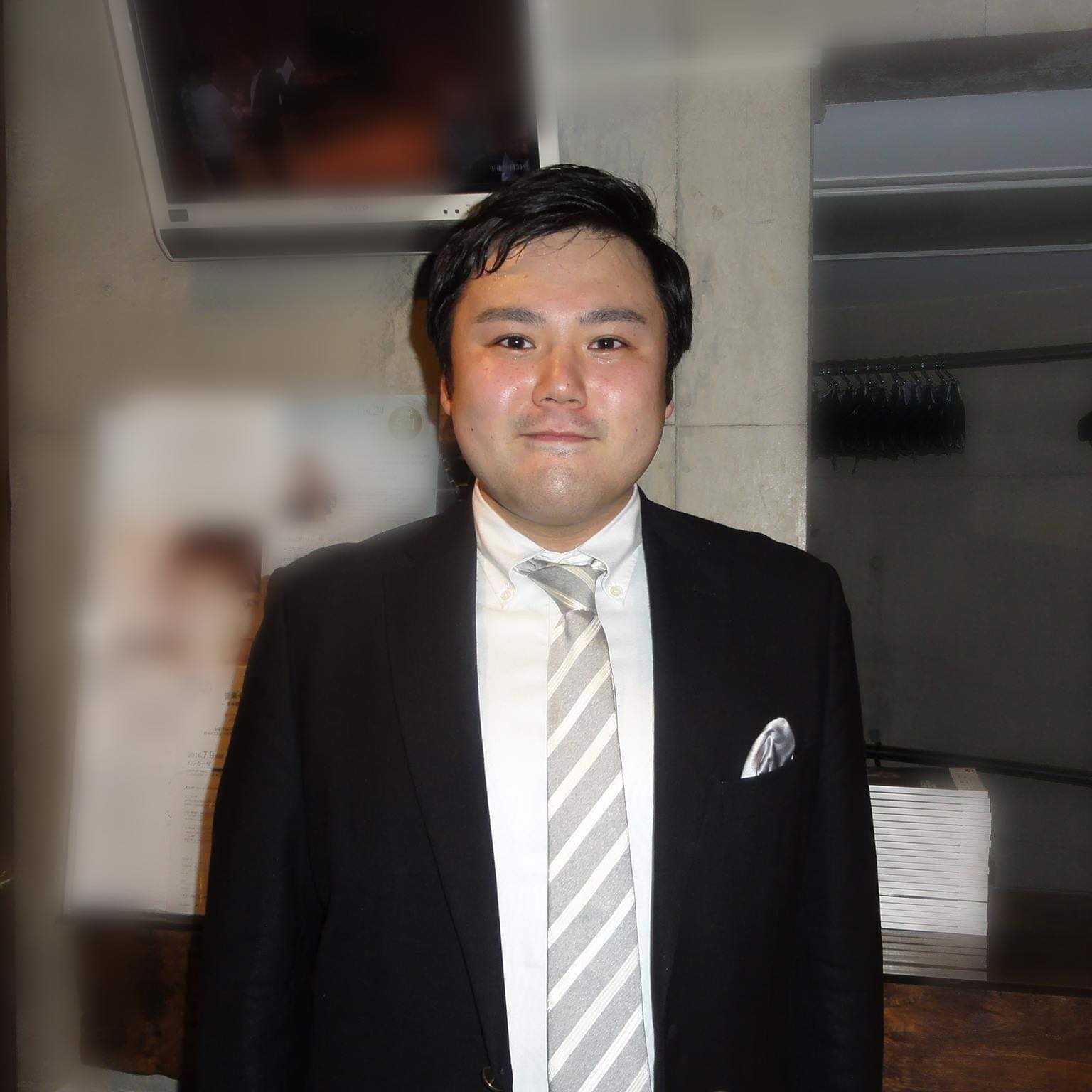
伊藤達人
UPCOMING
PAST
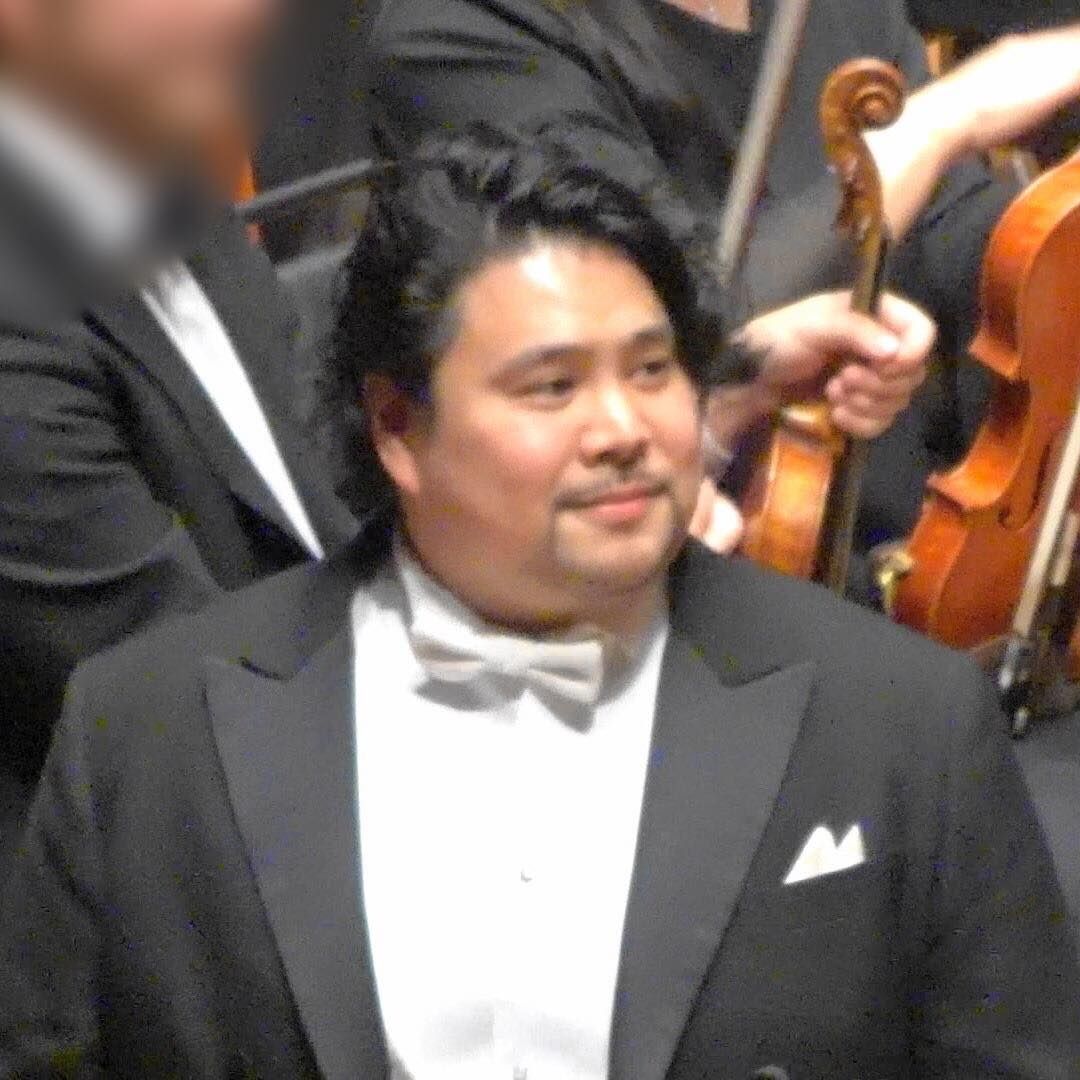
Ten.宮里直樹
UPCOMING
PAST
~2017
2018~2019
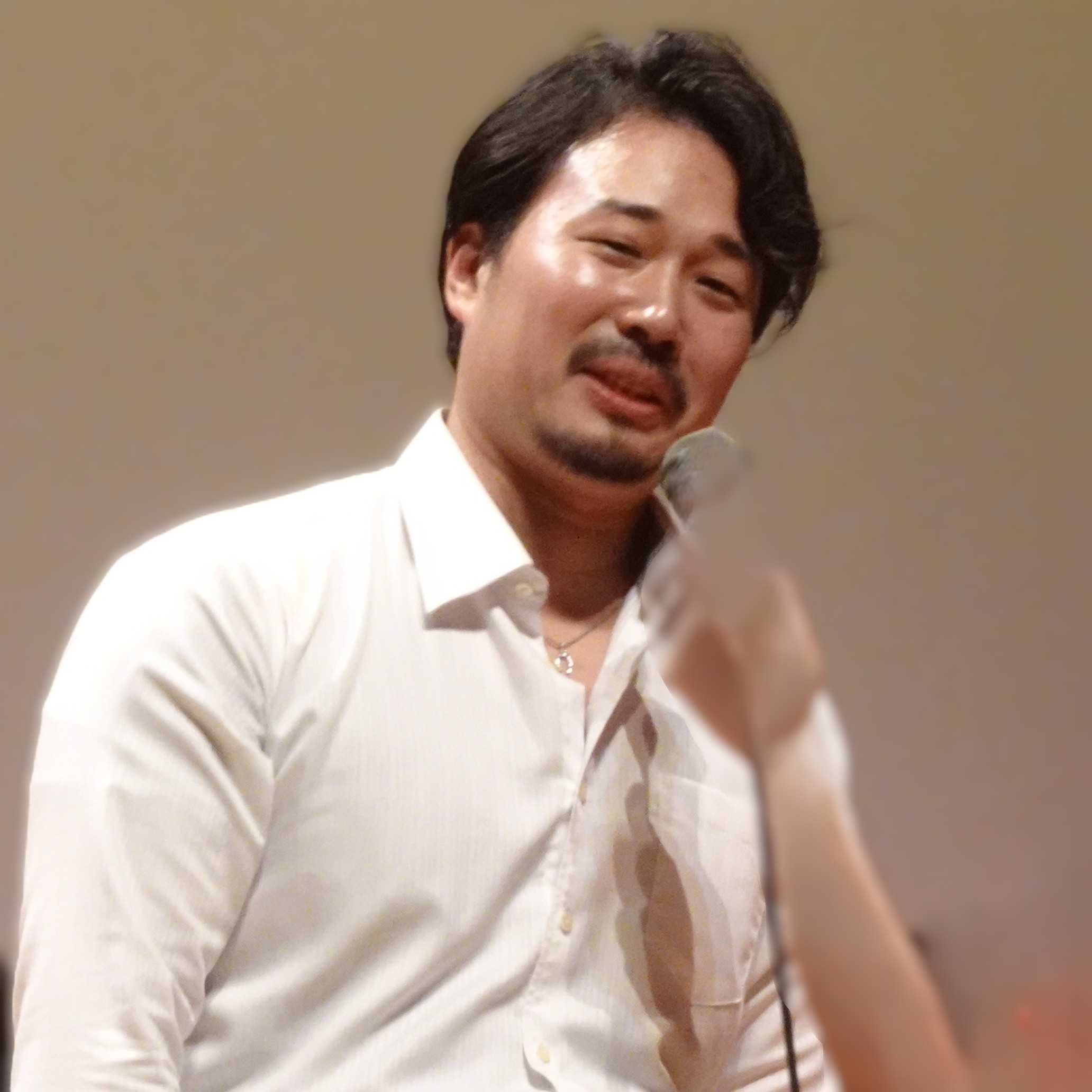
下村将太 テノール
2025
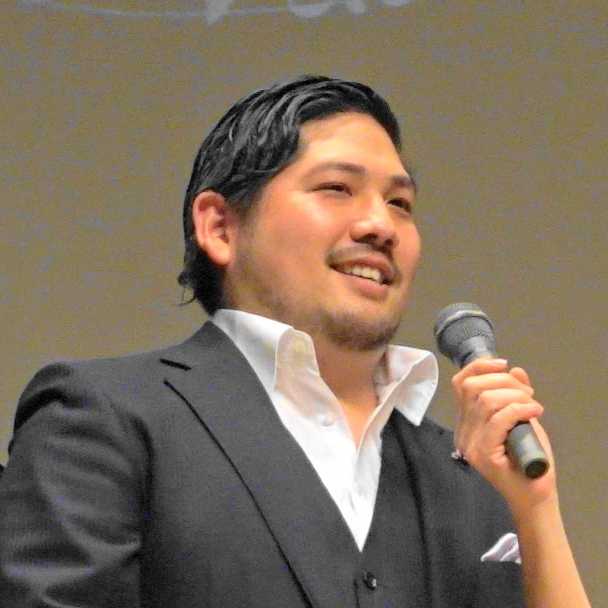
工藤和真
UPCOMING
PAST
BARITONE
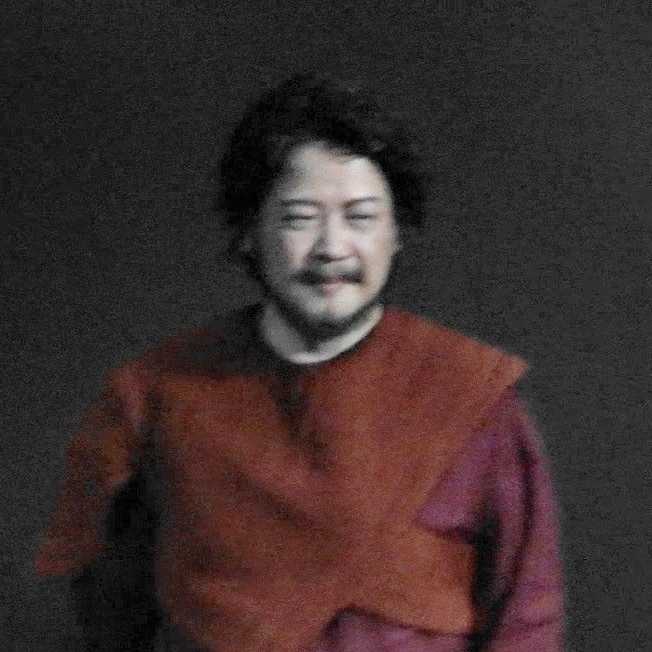
青山貴
UPCOMING
2015
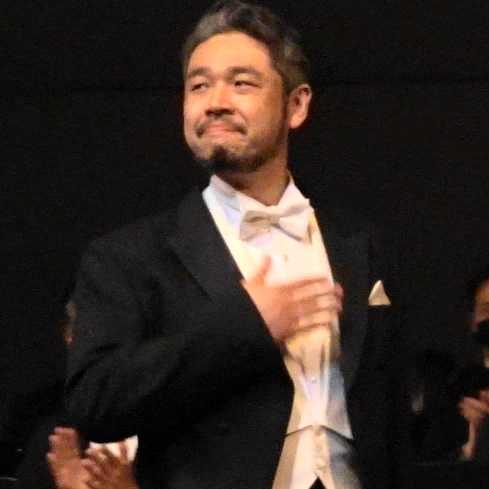
KS Tomohiro Takada, Bariton 概要
2024~2025
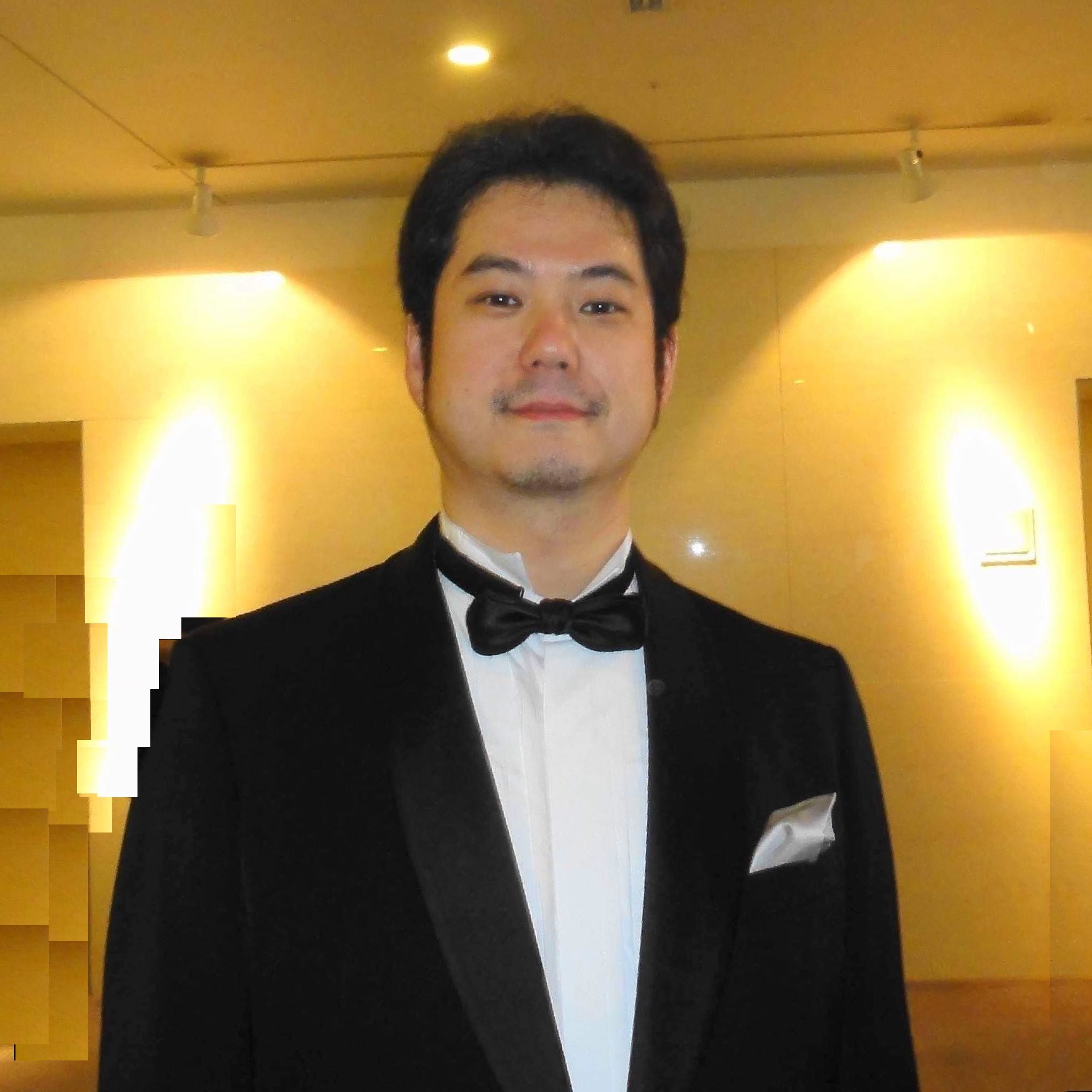
Bar.大沼徹
UPCOMING
2015~2016
2017
2024
His repertory 1
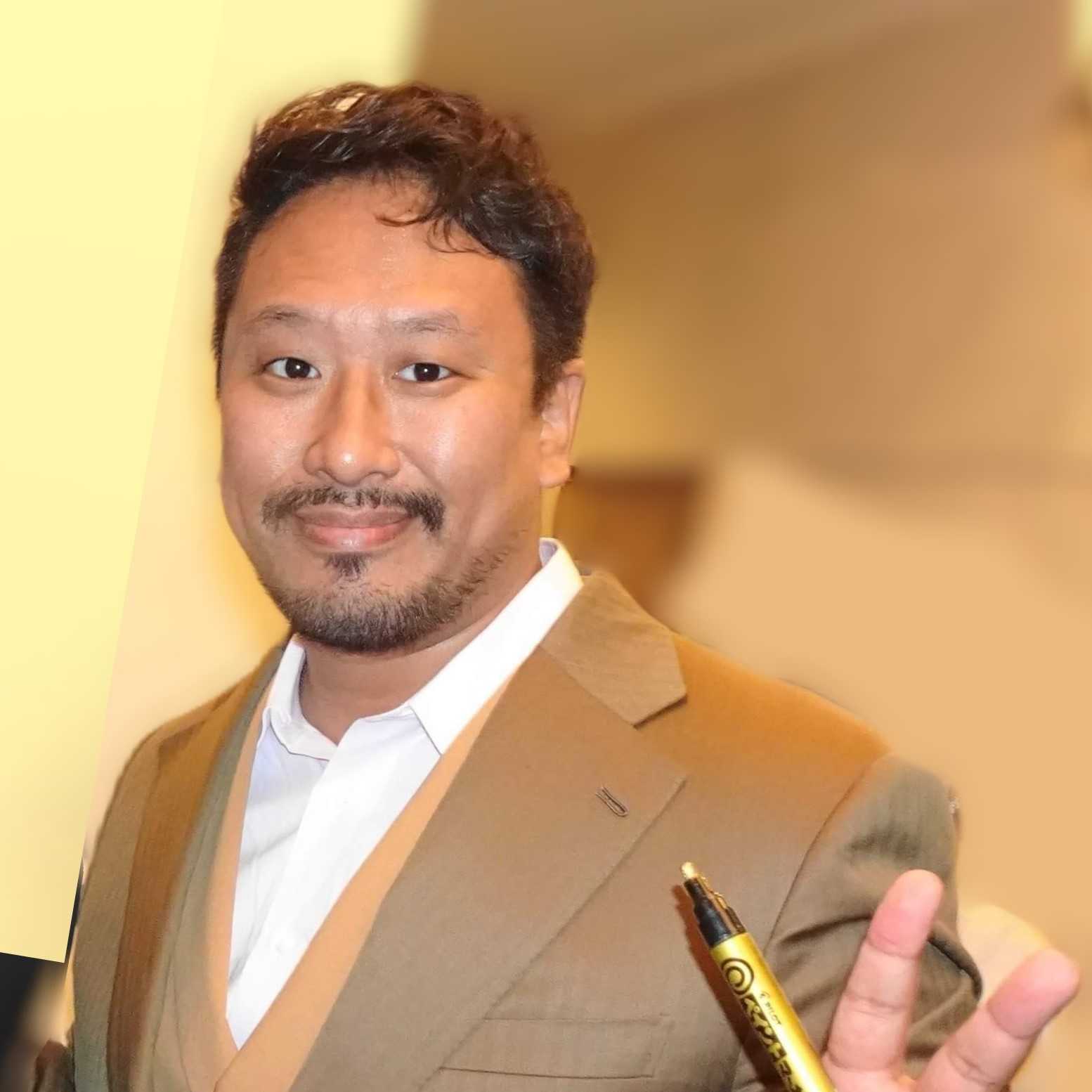
今井俊輔
UPCOMING

高橋洋介
UPCOMING
PAST
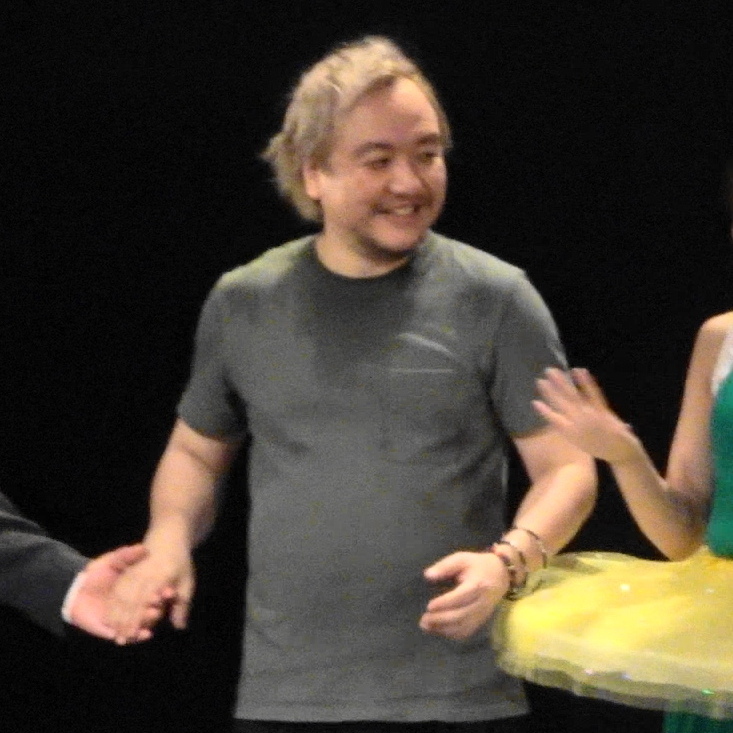
飯塚 学
UPCOMING
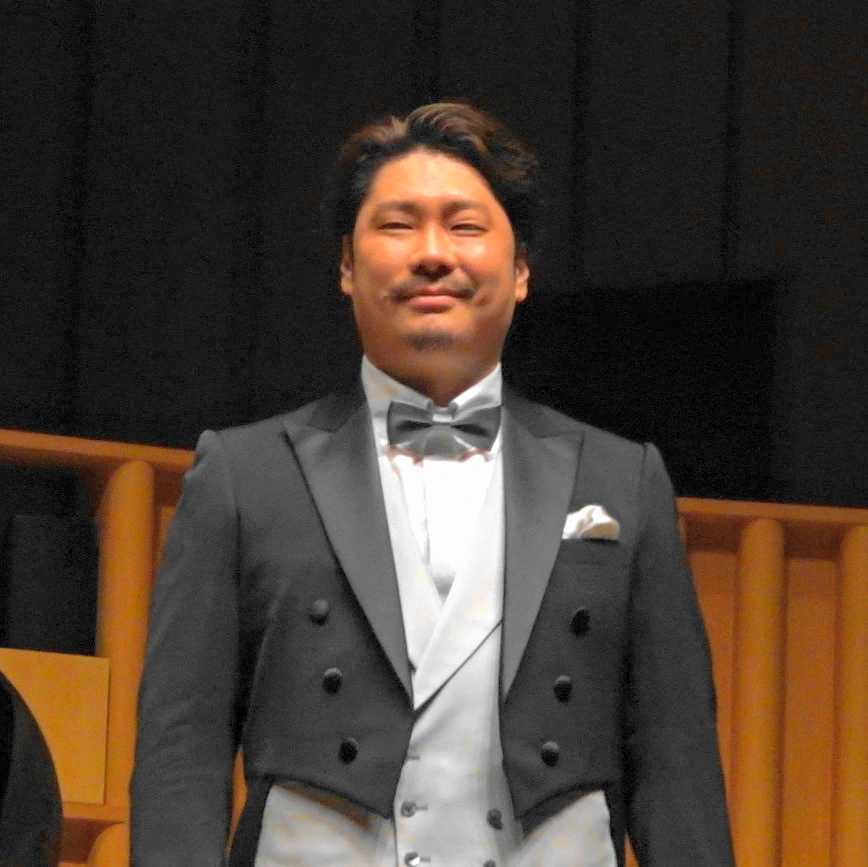
小林啓倫
UPCOMING
PAST
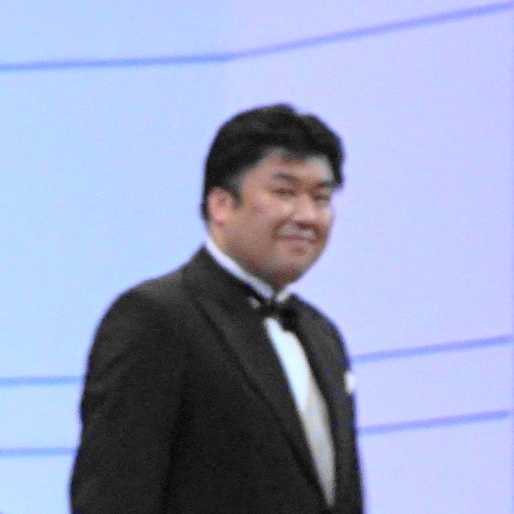
清水勇磨
UPCOMING
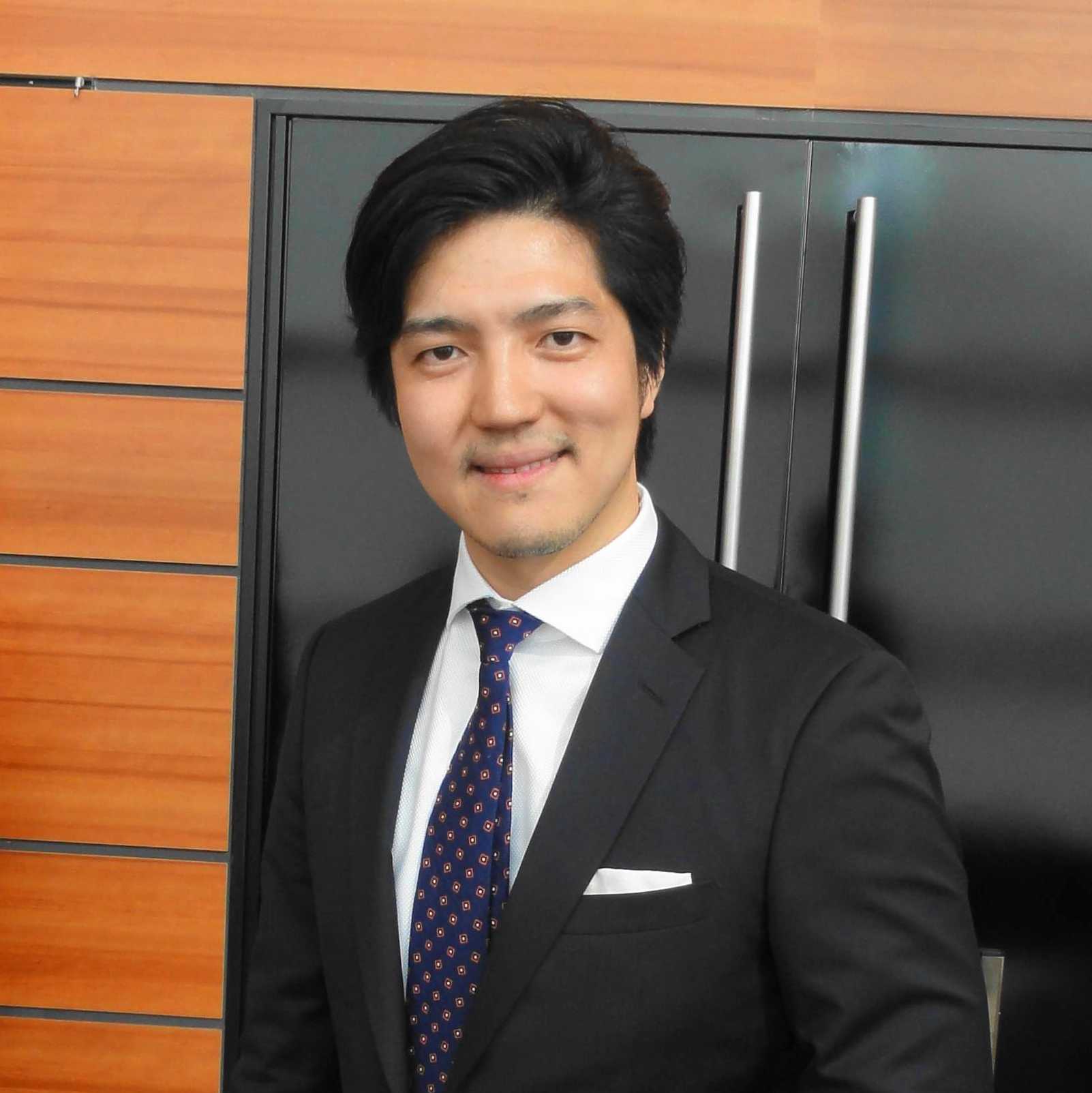
大西宇宙
UPCOMING
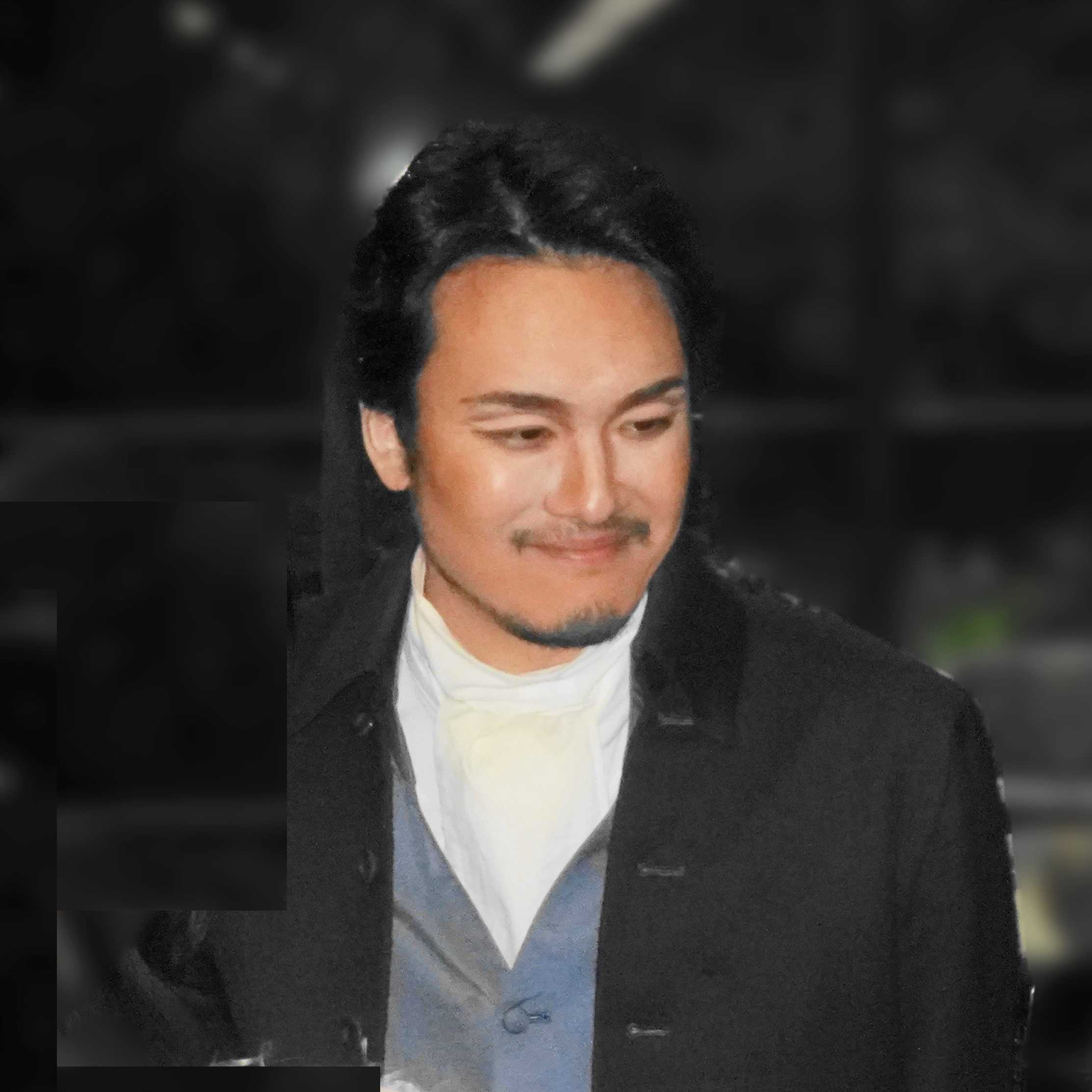
池内 響
UPCOMING
PAST
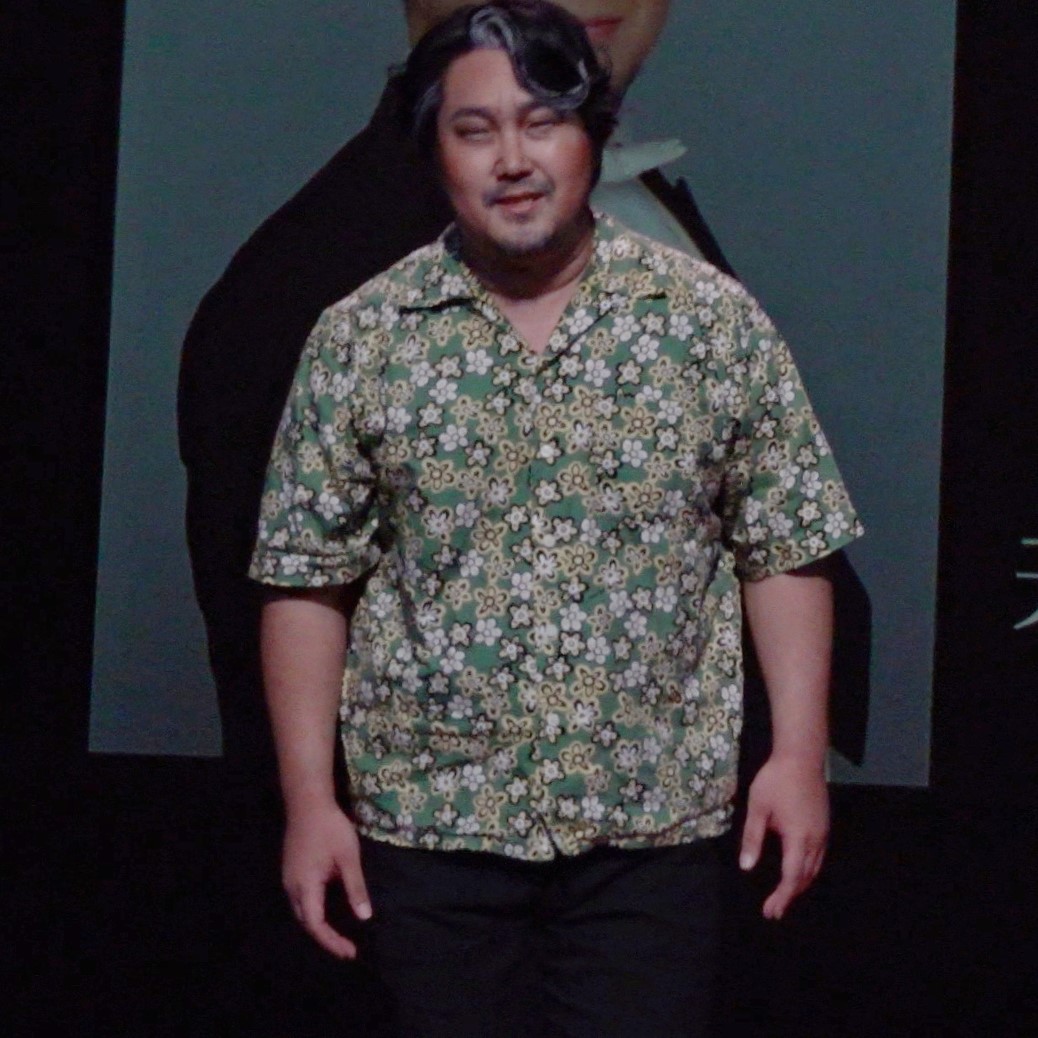
井出 壮志朗
UPCOMING
PAST
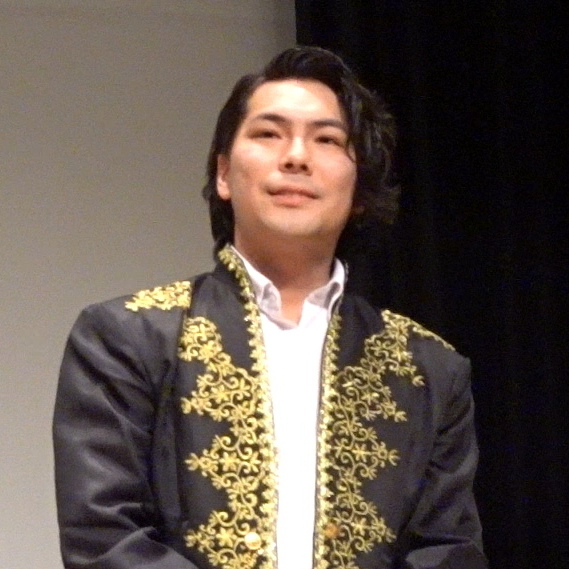
市川 宥一郎
UPCOMING
PAST
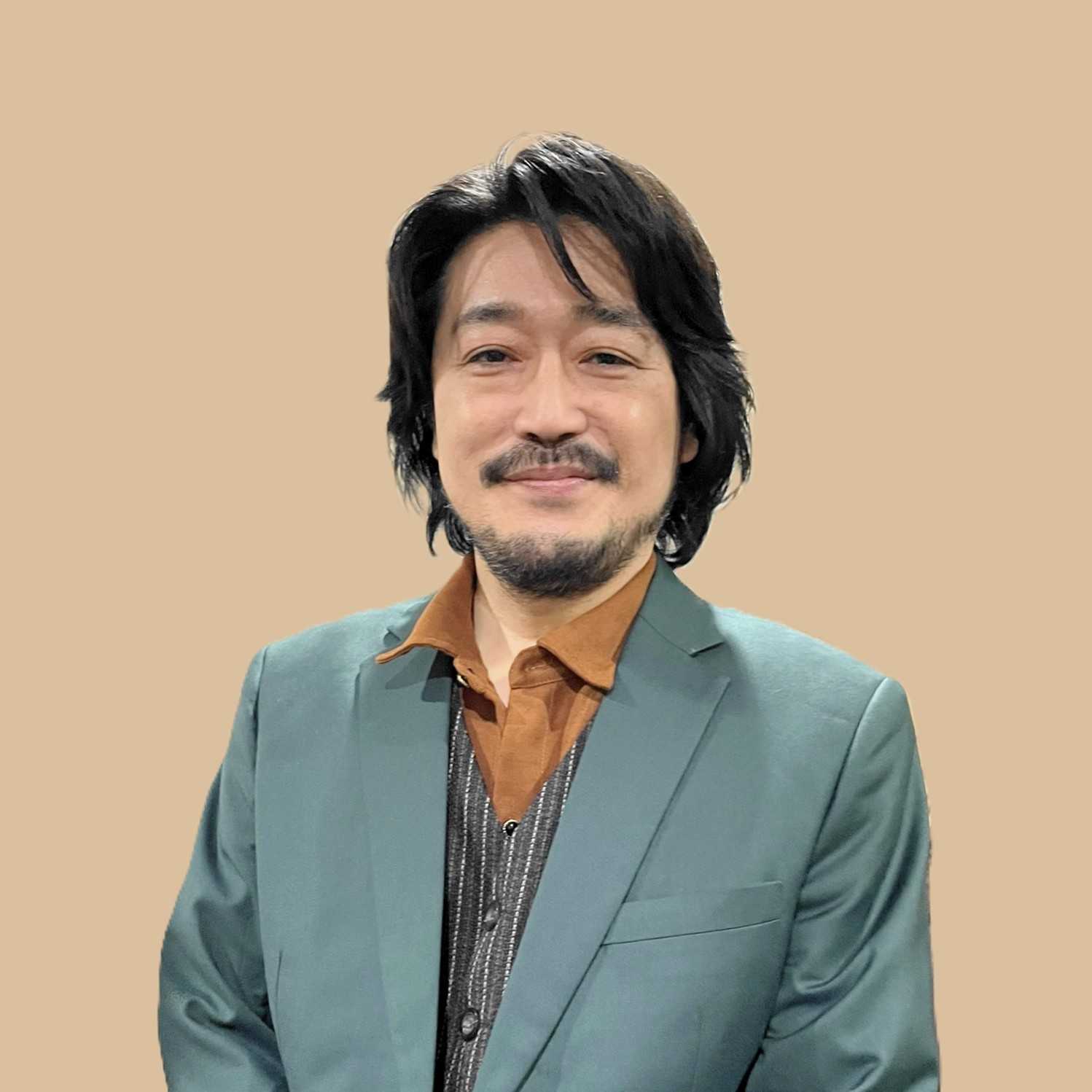
大塚博章
UPCOMING
Bs-Br大塚博章 2014-2015
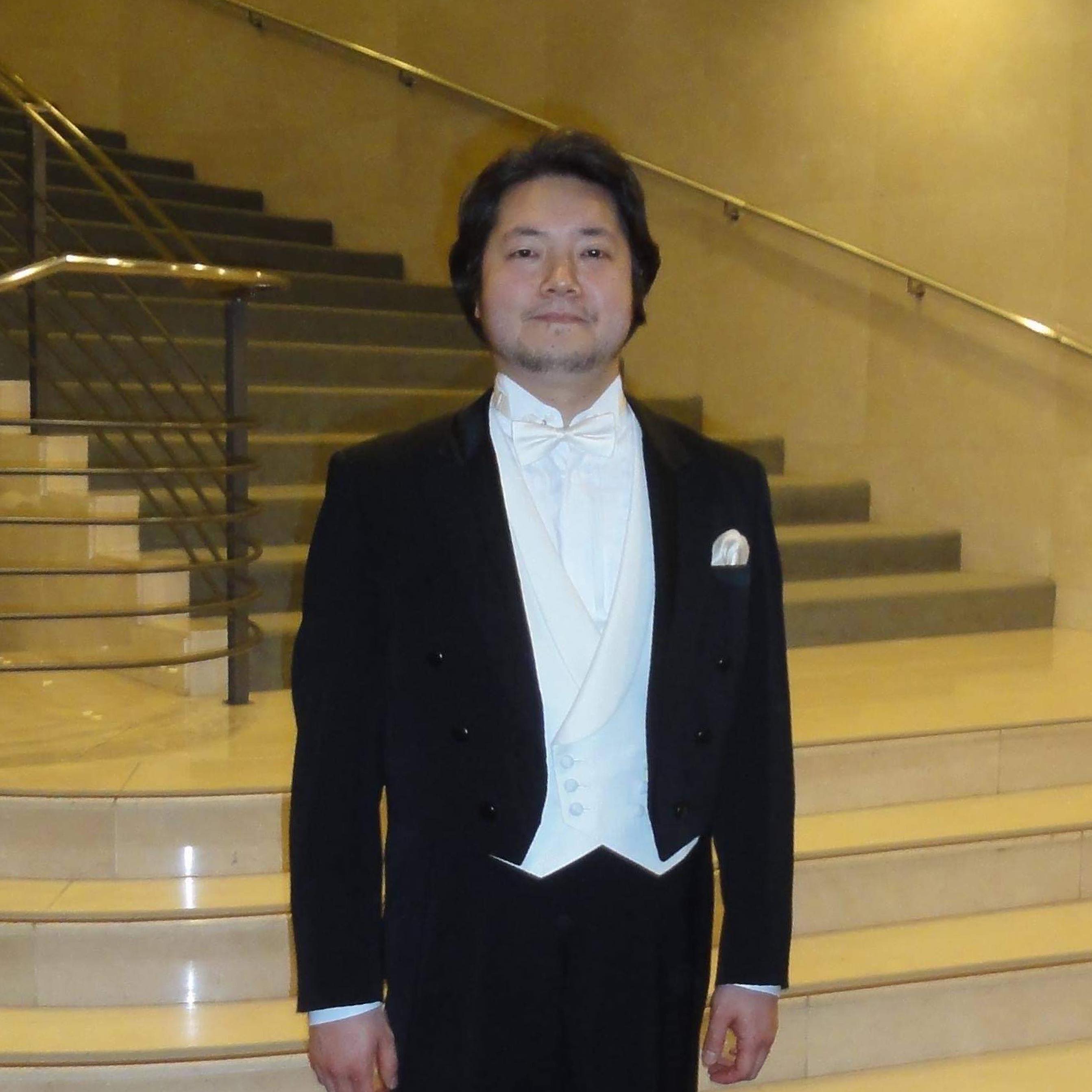
Bs-Br狩野賢一2015
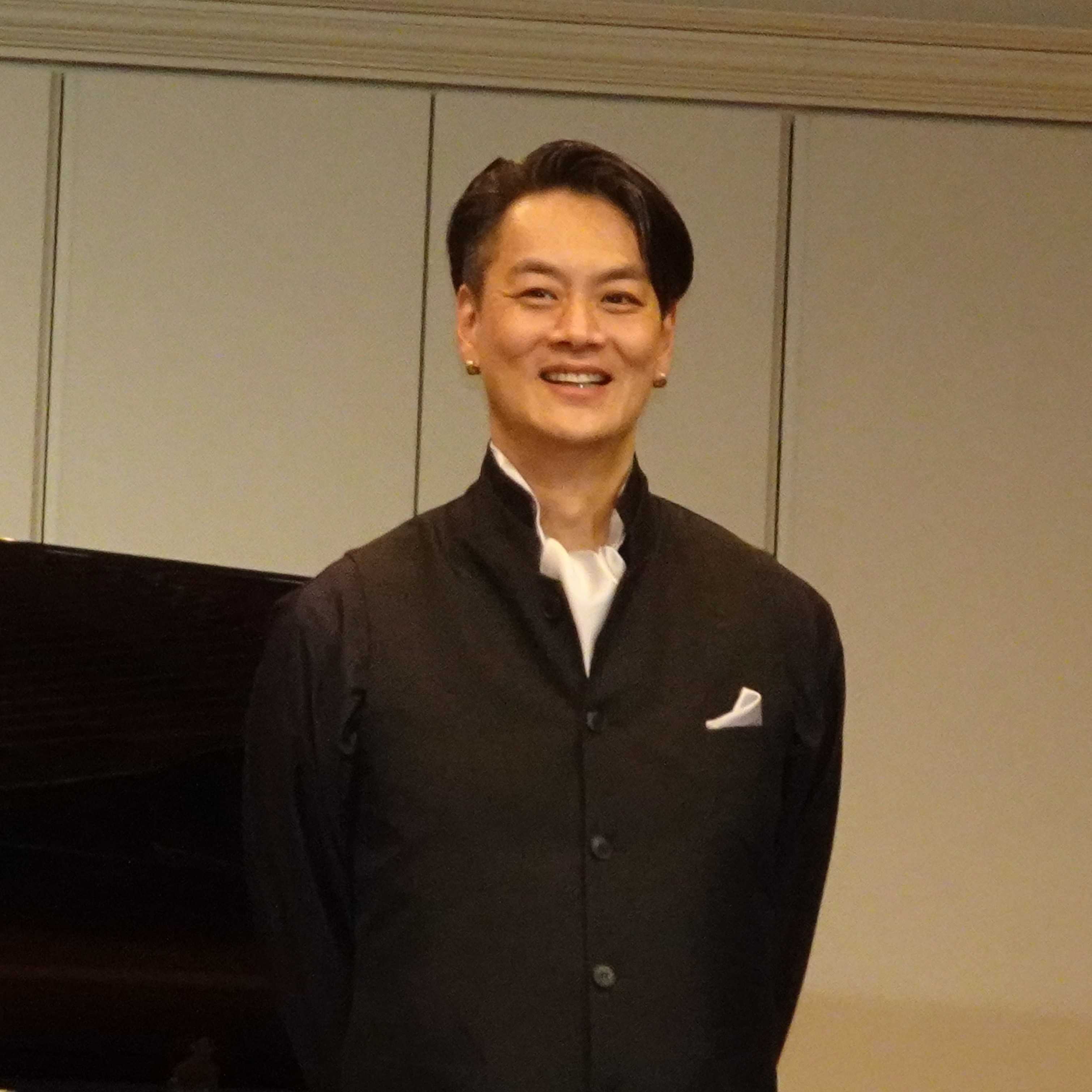
Bs河野鉄平
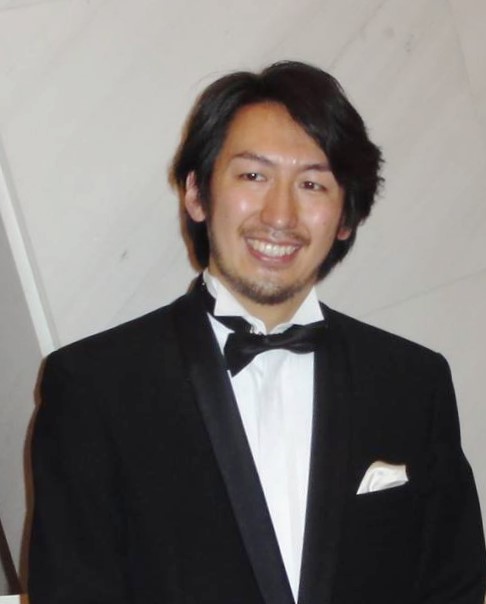
後藤春馬(バス・バリトン)
UPCOMING
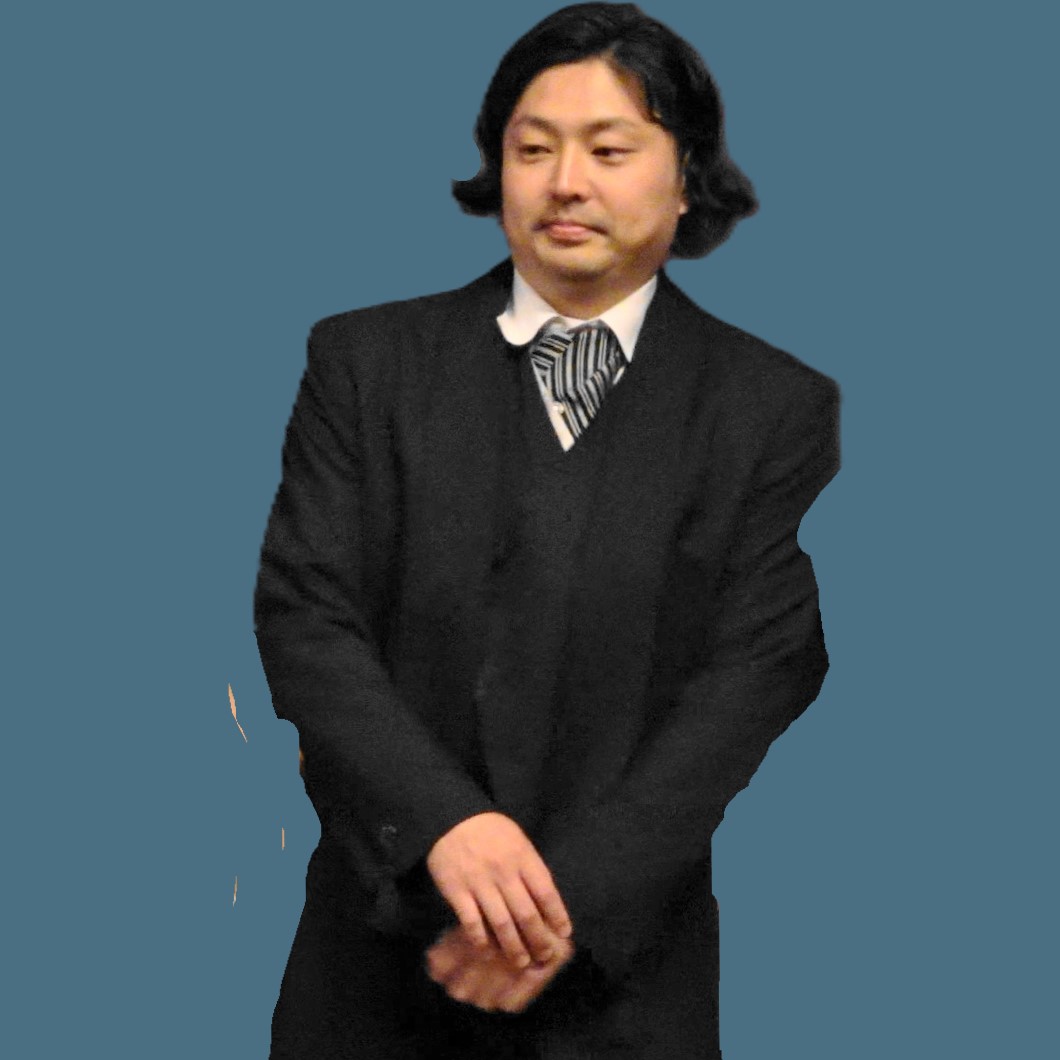
水島正樹
UPCOMING
IL DEVU
HIGHLIGHT 2014
Francesco Meli Il Trovatore
Micheal Fabiano La traviata
Juan Diego Flórez IL BARBIERE DI SIVIGLIA
Tézier vs Kaufmann La forza del destino
OperadeLyonJapan tourHoffmann
Stefano Secco Madama Butterfly
Bryan Hymel Guillaume Tell
Dmitry Korchak I Puritani
Celso Albelo Lucia di Lammermoor
Teatrodell'OperadiRomaJapantour2014
Wolfgang Koch Arabella
Lawrence Brownlee I Puritani
Tomasz Konieczny Das Rheingold
Torsten Kerl Die tote Stadt
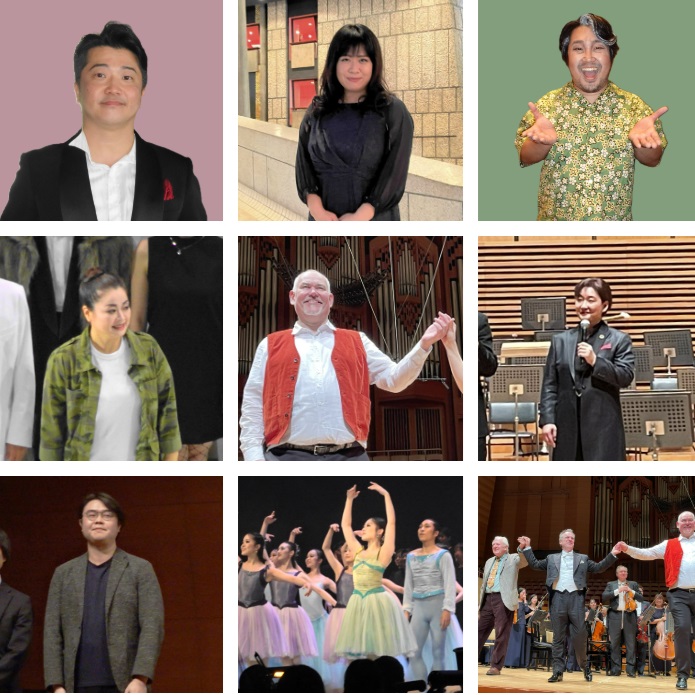
Best Opera 2024
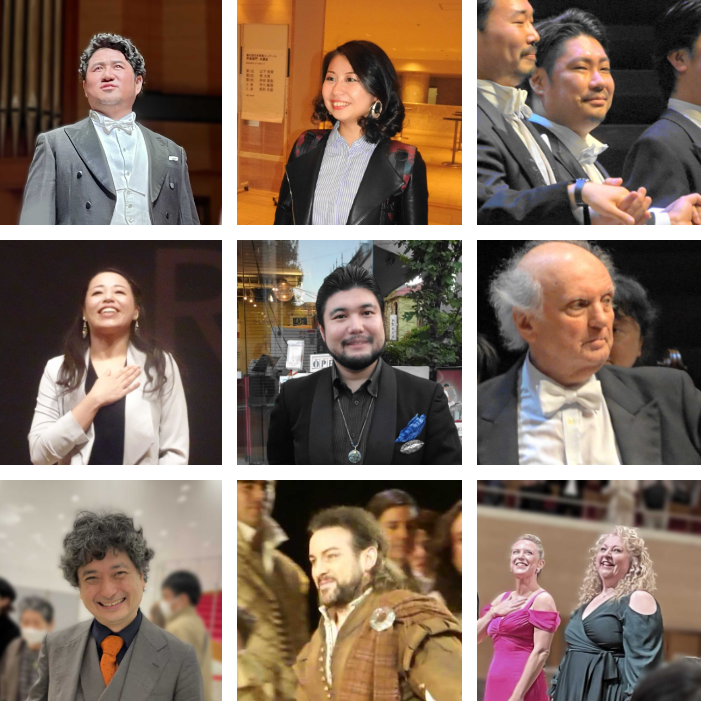
Best Opera 2023
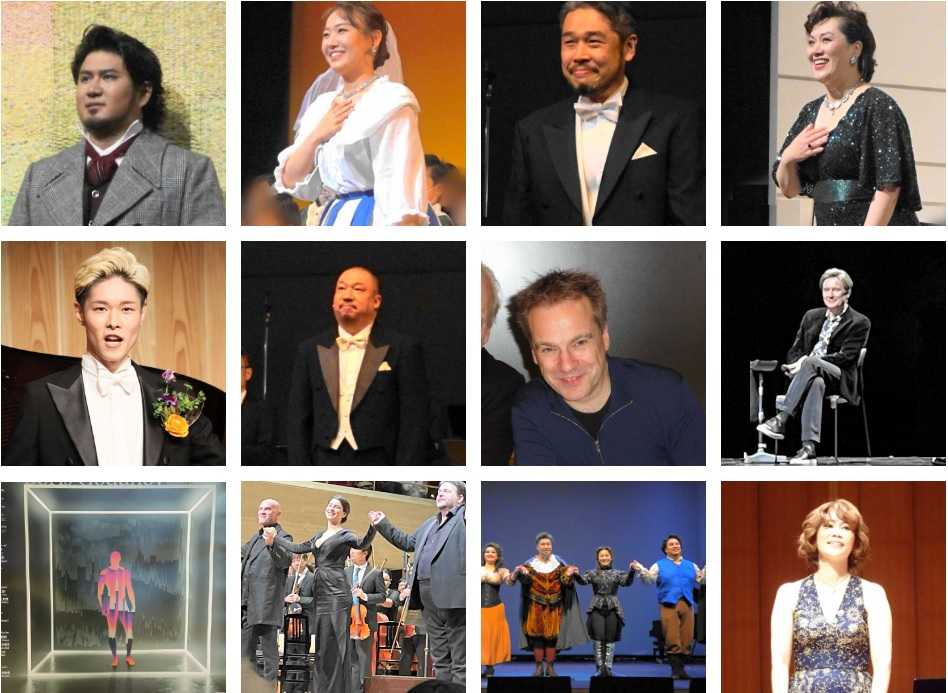
Best Opera 2022
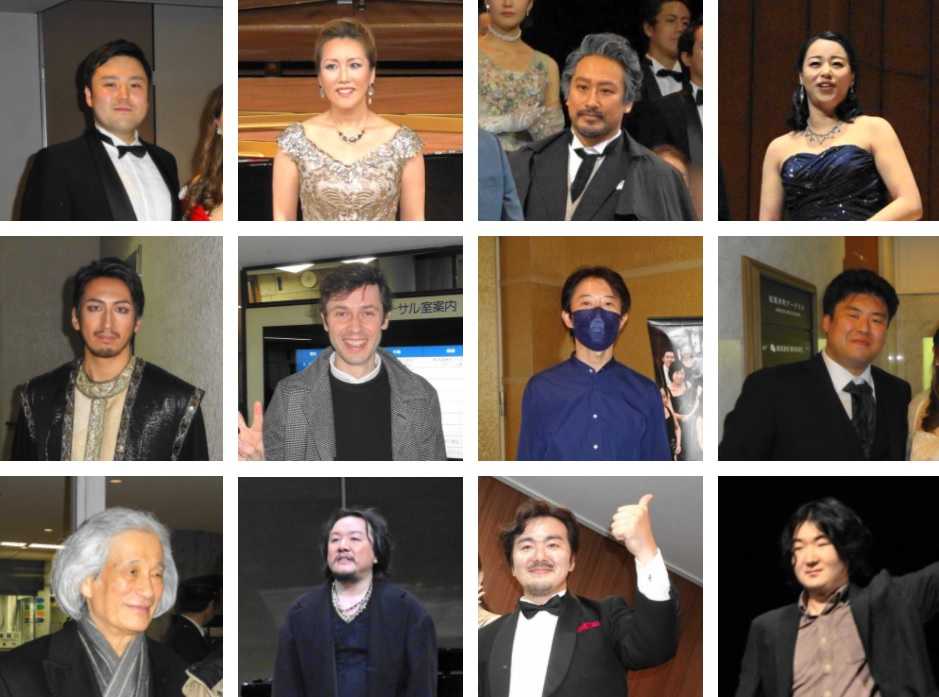
Best Opera 2021
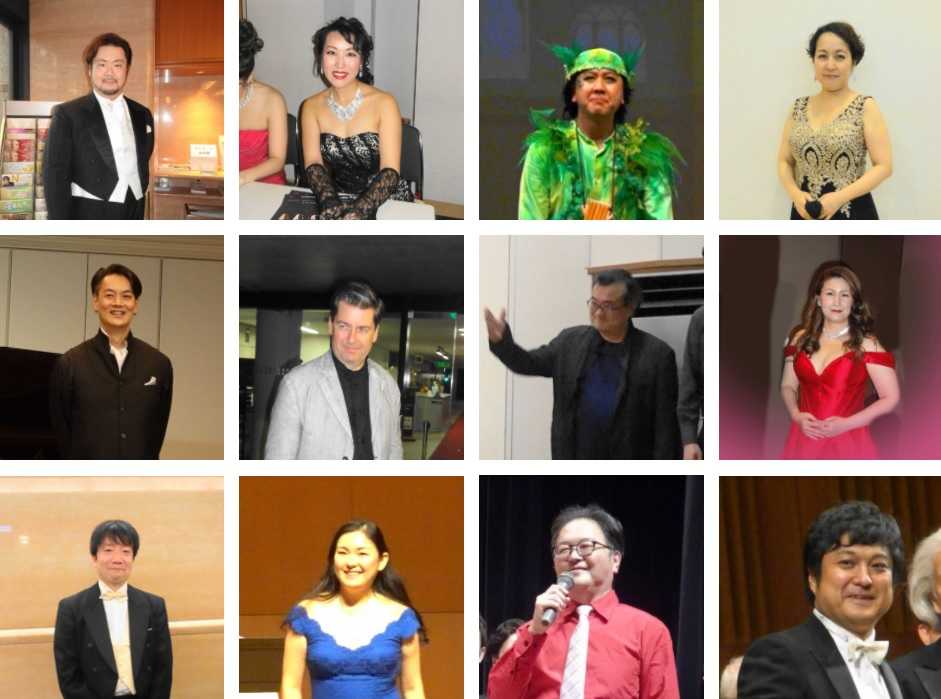
Best Opera 2020
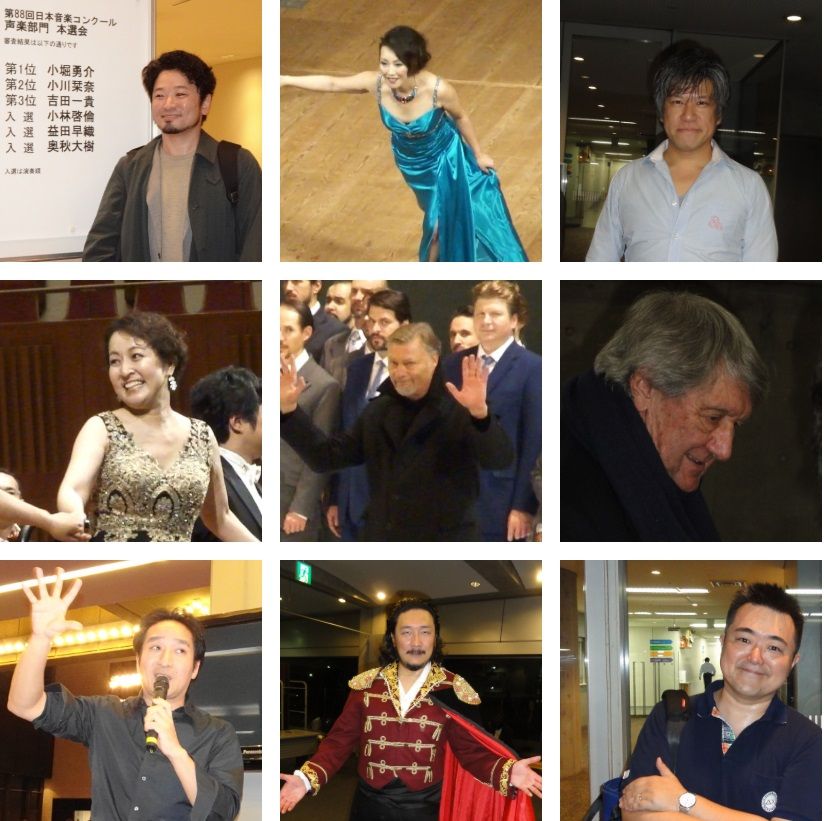
Best Opera 2019
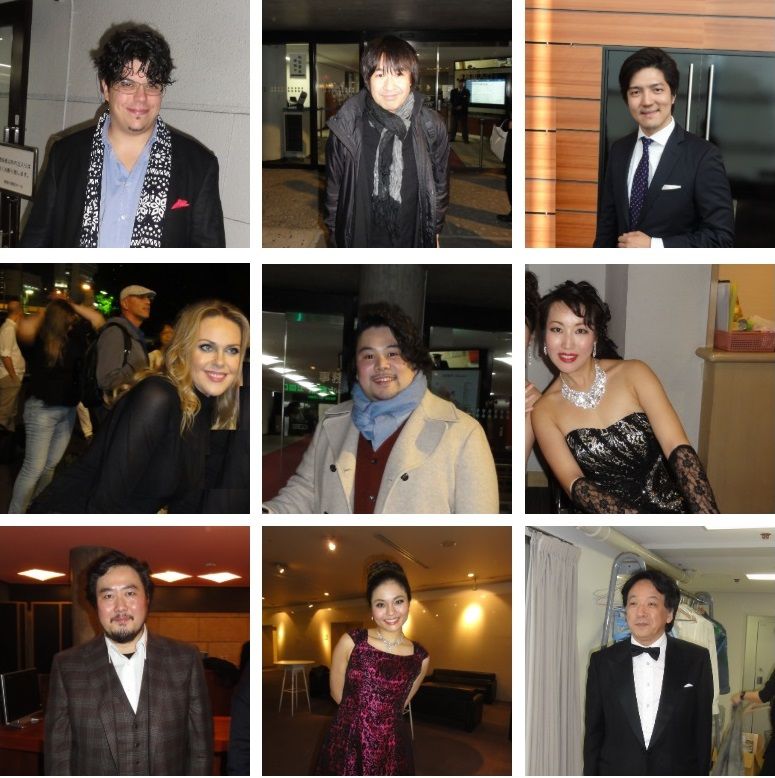
Best Opera 2018 Index
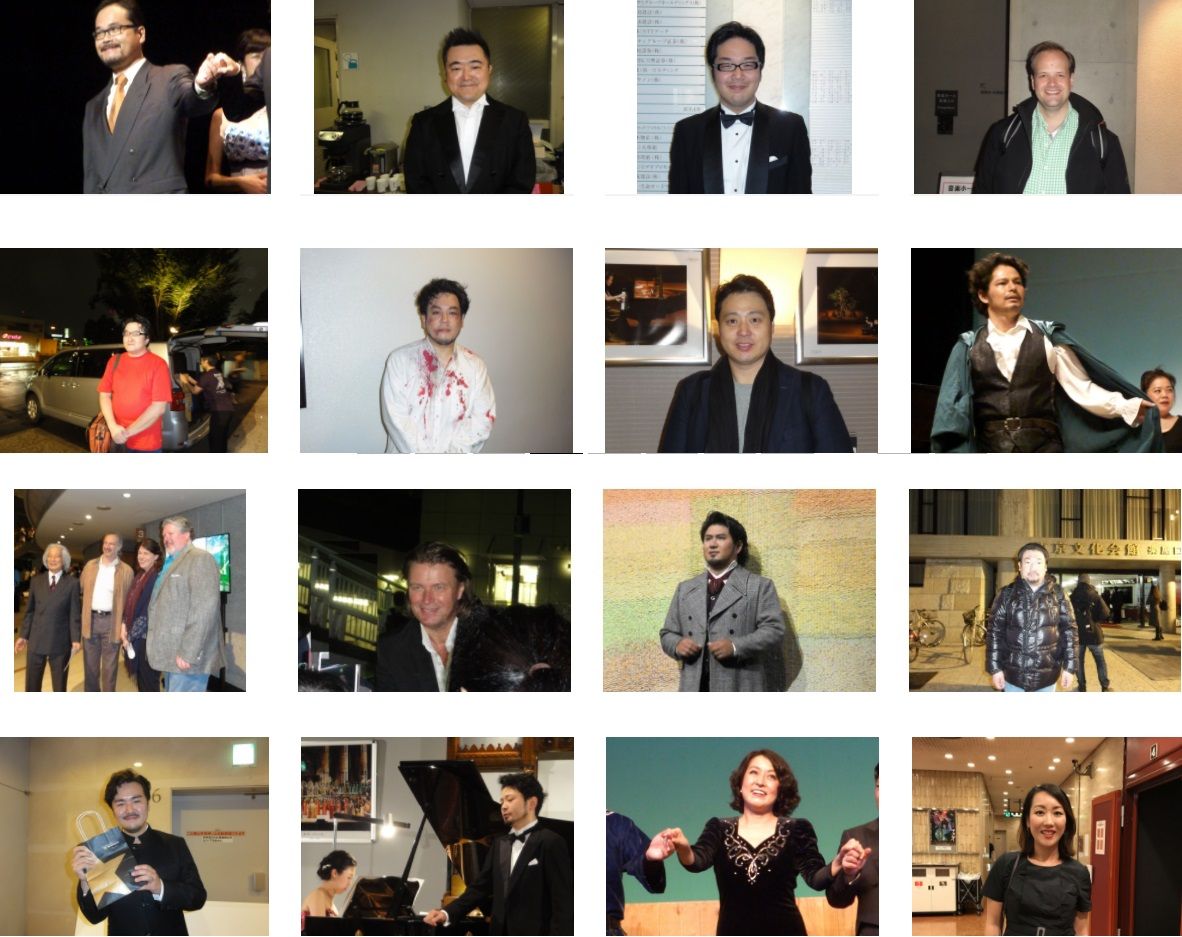
Best Artists in Opera 2017
Best Opera 2017
Photo:©Shevaibra, courtesy of the artist
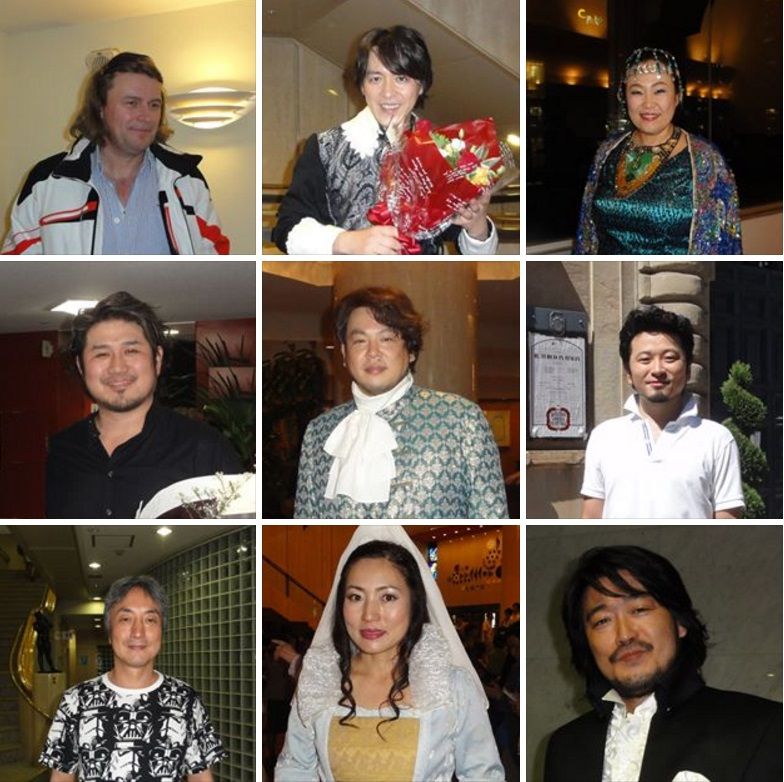
2016 Best Opera
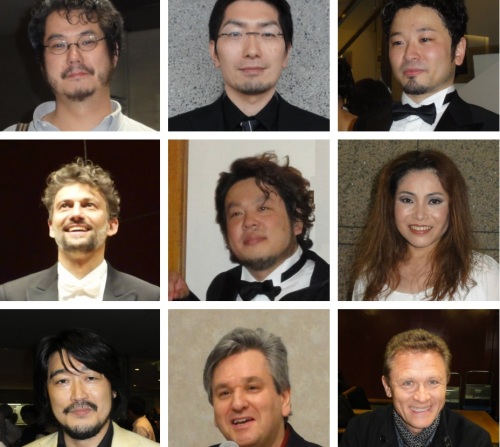
2015 Best Opera
2014 Best Opera
2013 Best Opera
2012 Best Opera
2011 Best Opera and Ballet
2010 Best Opera and Ballet
2009 Best Opera and Ballet
2008 Best Opera and Ballet
[BALLET]
2009
2008 Ballet Top 10 in Japan
2008 BALLET INDEX
What's New 2007
What's New 2006
Past Articles 2005
Past Articles 2004
Past Articles 2003
[OPERA]
Simon Keenlyside What is NEW ?
Robert Gambill
What's new
Biography
2008 Opera Top 10 in Japan
2007 Top 10
What is NEW ? 2006
What is NEW ? 2005
STAGE What is NEW ?
Second Top -Sheva's Sporting World
Football
[José Mourinho - Chelsea 2007 Index]
[José Mourinho - Chelsea 2006 Index]
What Mourinho said - 抱腹絶倒モウリーニョ語録
Last edited 1 Jul 2007
FOOTBALL What is NEW ?
2005
Tennis
2006
Roger Federer First time in JAPAN - AIG Japan Open INDEX
Cinema, Books brand new and privat
Cinema
2005年5月3日
音楽関係更新 Classical Music
BOOKS 2006
BOOKS 2004年
1月31日 Books by Jeffery Deaver
INDEX genre
DANCERS INDEX
AMP DANCERS INDEX
NEW ADVENTURES Dancers Index
Cooper Company Dancers Index
Adam Cooper Index
Matthew Hart Index
Jesus Pastor Index
Damien Stirk Index
Andrew Corbett Index
Will Kemp Index
Isaac Mullins Index
Ballet Choreographer Index
Matthew Bourne Index
Ballet Company Index
Ballet Pieces Index
Musical Index
AMP DANCERS INDEX
NEW ADVENTURES Dancers Index
Cooper Company Dancers Index
Adam Cooper Index
Matthew Hart Index
Jesus Pastor Index
Damien Stirk Index
Andrew Corbett Index
Will Kemp Index
Isaac Mullins Index
Ballet Choreographer Index
Matthew Bourne Index
Ballet Company Index
Ballet Pieces Index
Musical Index
LINKS
Theatre official
Bayerische Staatsoper
Bayreuther Festspiele
Lyric Opera of Chicago
MET
Royal Opera House
Salzburger Festspiele
Teatro alla Scala
Wienerstaatsoper
ZurichOperaHouse
New National Theatre,Tk
Tokyo Nikikai
Singers official
Takashi Aoyama
Aris Argiris
Johan Botha
Fabio Maria Capitanucci
Massimo Cavalletti
Markus Eiche
Alex Esposito
Burkhard Fritz
simonkeenlyside.info
Wolfgang Koch
Tomasz Konieczny
Zeljko Lucic
Alexey Markov
Tetsuya Mochizuki
Ryoichi Nakai
Evgeny Nikitin
Toru Onuma
Takashi Otsuki
René Pape
Detlef Roth
Andreas Schager
Jörg Schneider
Kasumi Shimizu
Yuri Vorobiev
Koji Yamashita
Kwangchul Youn
Operabase Artist
Orchestra
Berliner Philharmoniker
NHK Symphony Orchestr
Opera Fan Blog
Alex Vinogradov(Valenci
By The Thames(dognora
Cafe Klassiker H(Hiroto
猫の日記(camelstraycat
FOOD FOR SOUL(Sarda
東海岸-音楽、食(Kinox
Impression(娑羅)
In fernem Land(galahad
Intermezzo
ネコにオペラ(kametaro)
Opera Chic
OperaOperaOper(Madok
右舷日記(starboard)
taqkkawanamiさんのブログ
備忘録(euridice)
Ballet Fan Blog
きょんのバレエ日記(きょん)
Web Radio
Oe1 Programm
Bayern 4 Klassik
Deutschlandradio Kultur
NDR Kultur
RBB Kultur
BBC Opera on 3
RAI radio3
WFMT-Chicago
Sydney ABC
Radio New Zealand Conc
operacast
劇場座席数・残響時間
SITE MAP
Sheva's Blog( What people tweeted )
Since Apr 2003
キーワードサーチ
▼キーワード検索
カテゴリ
カテゴリ未分類
(2438)Football
(27)BALLET
(699)Musical Theatre
(60)Classical Music
(825)Cinema
(44)OPERA
(3124)Mystery
(12)International
(5)Competition
(4)これからの公演のお知らせ
(4)ATPテニス
(8)アクセス
(25)ARTS
(2)© Rakuten Group, Inc.



